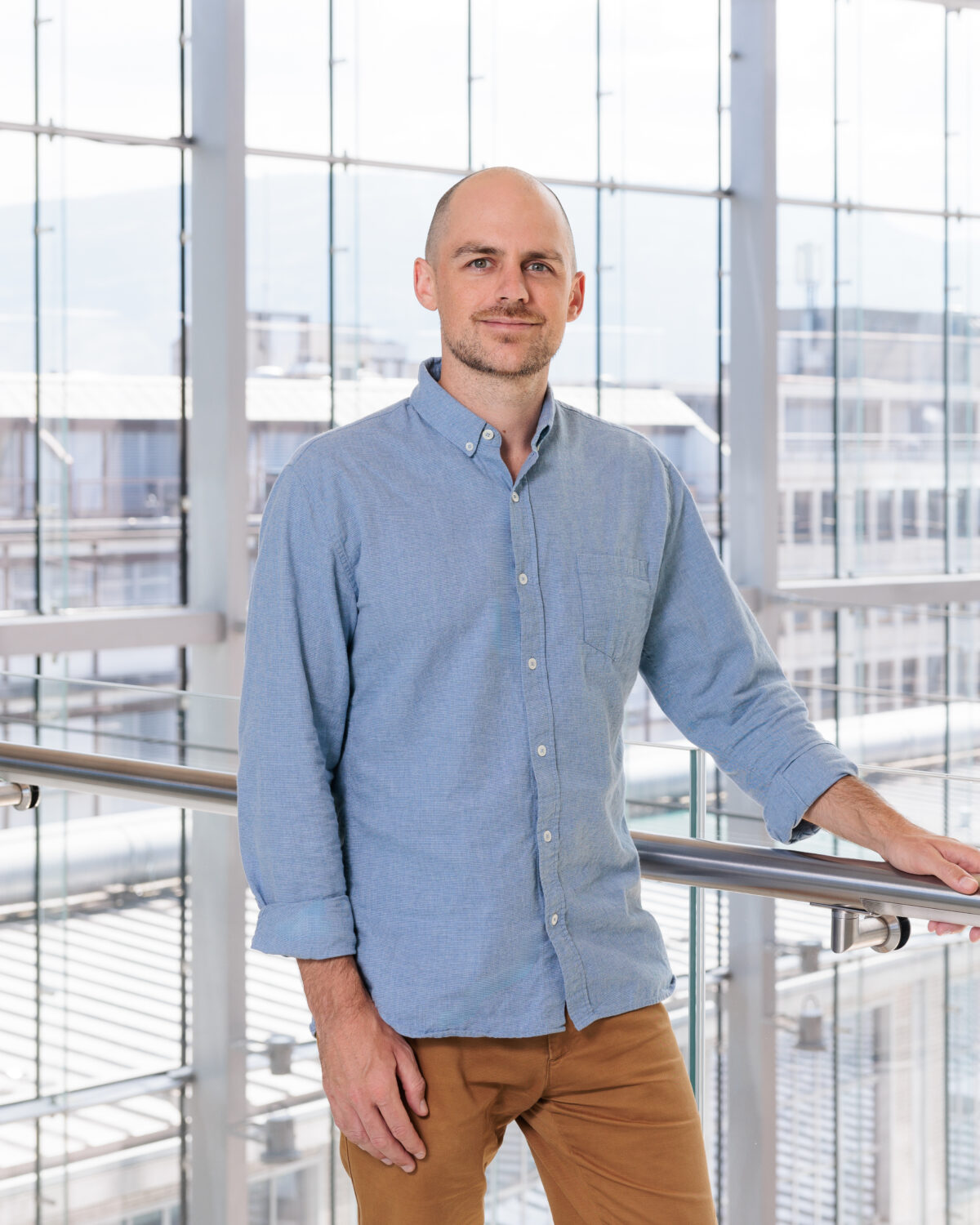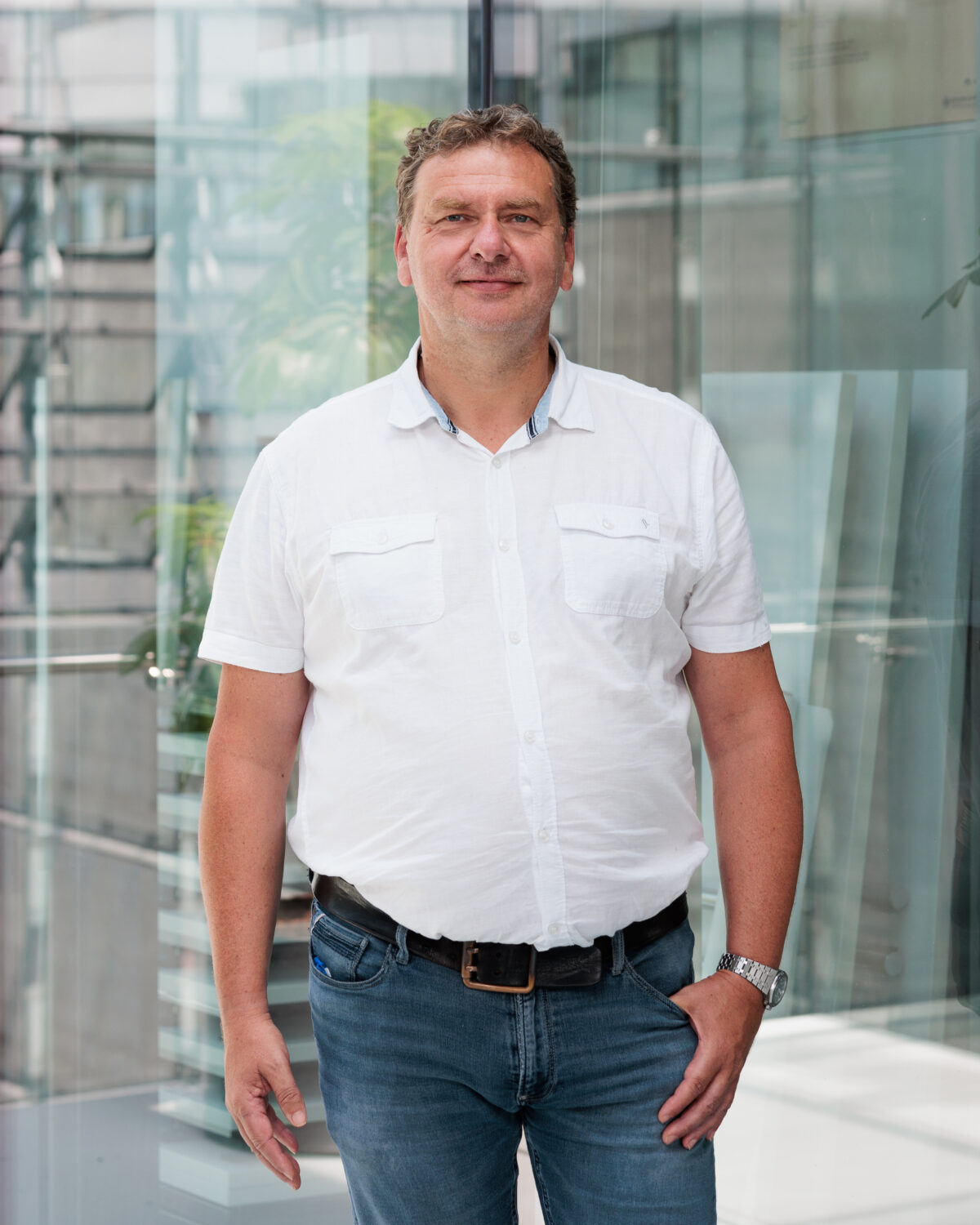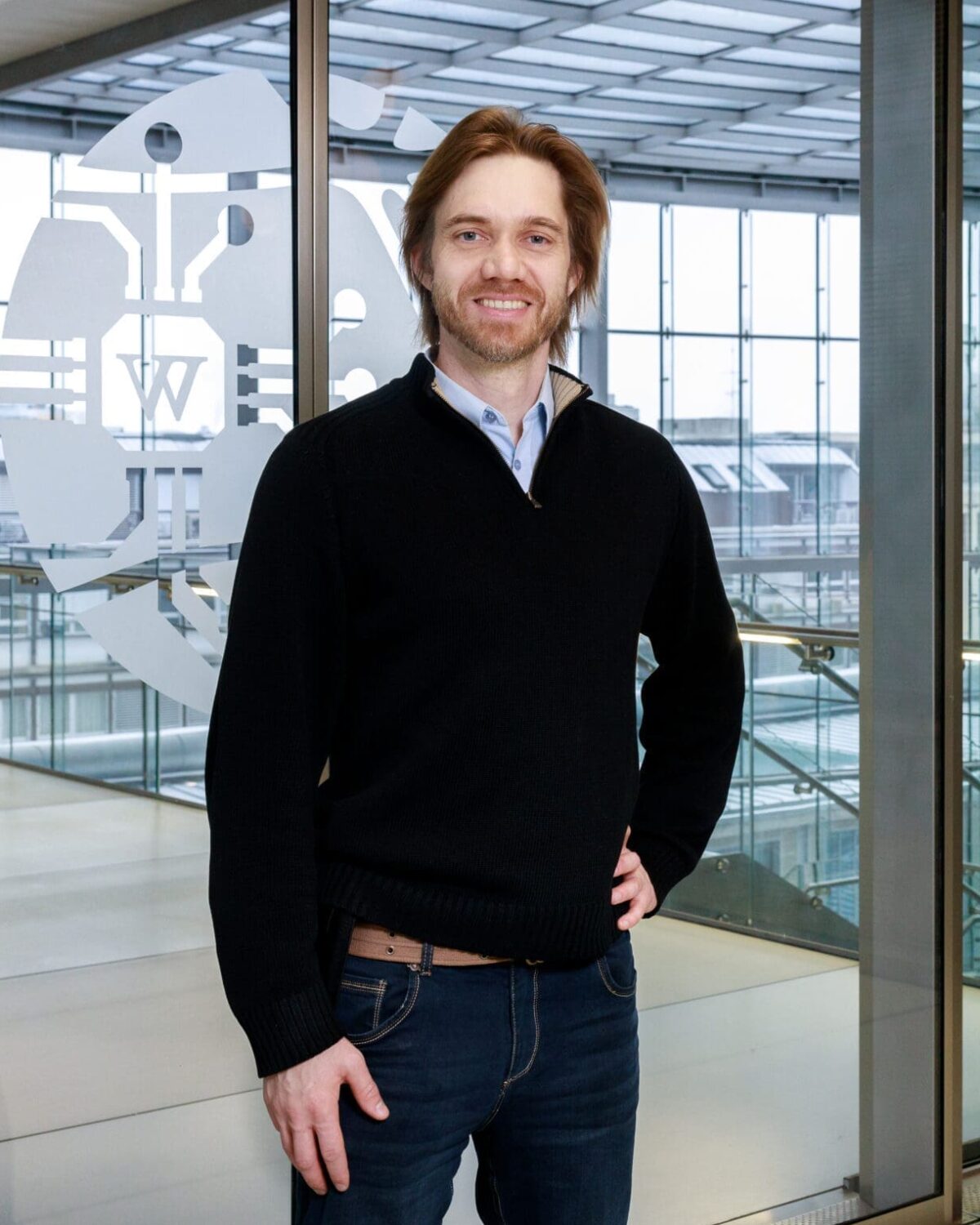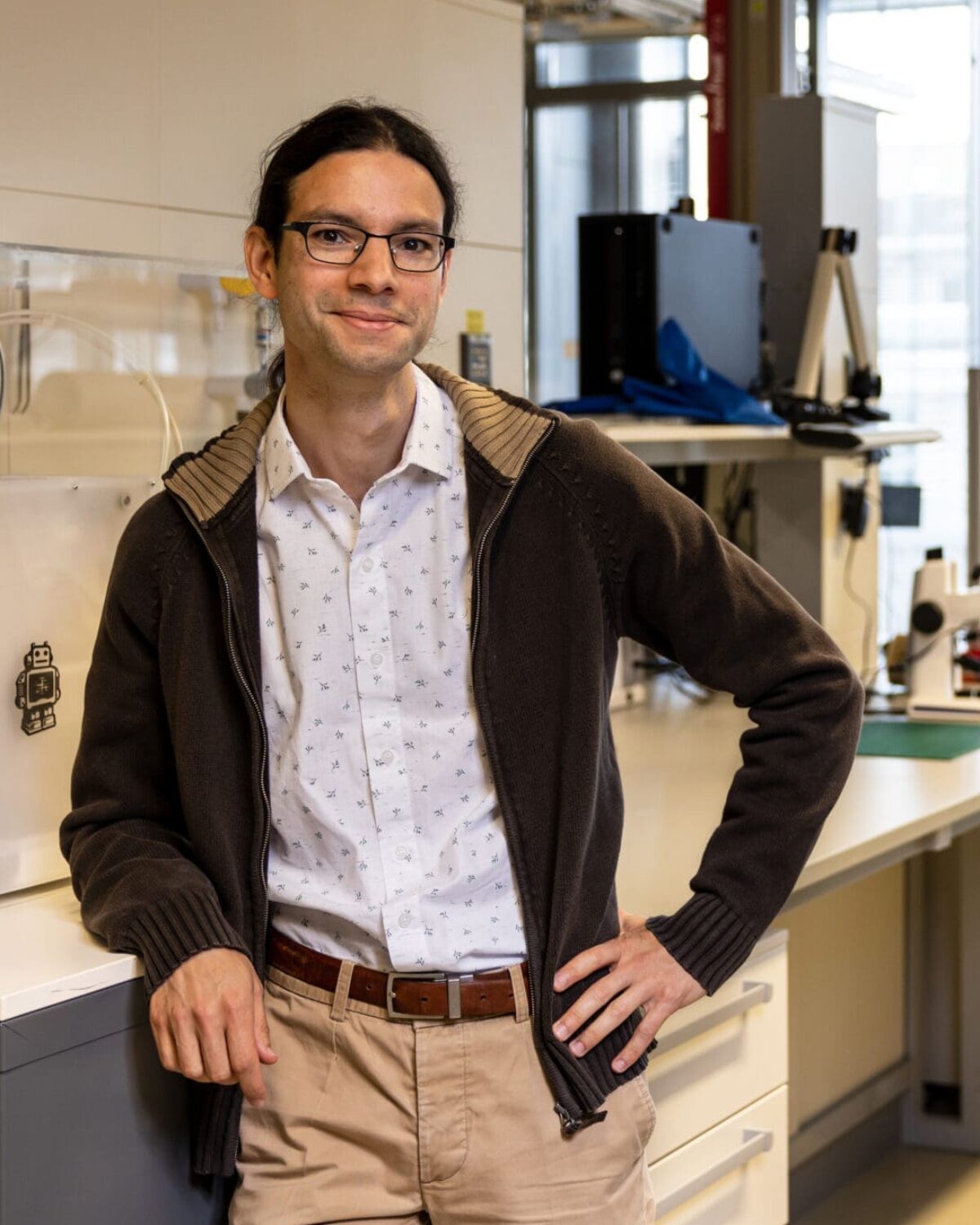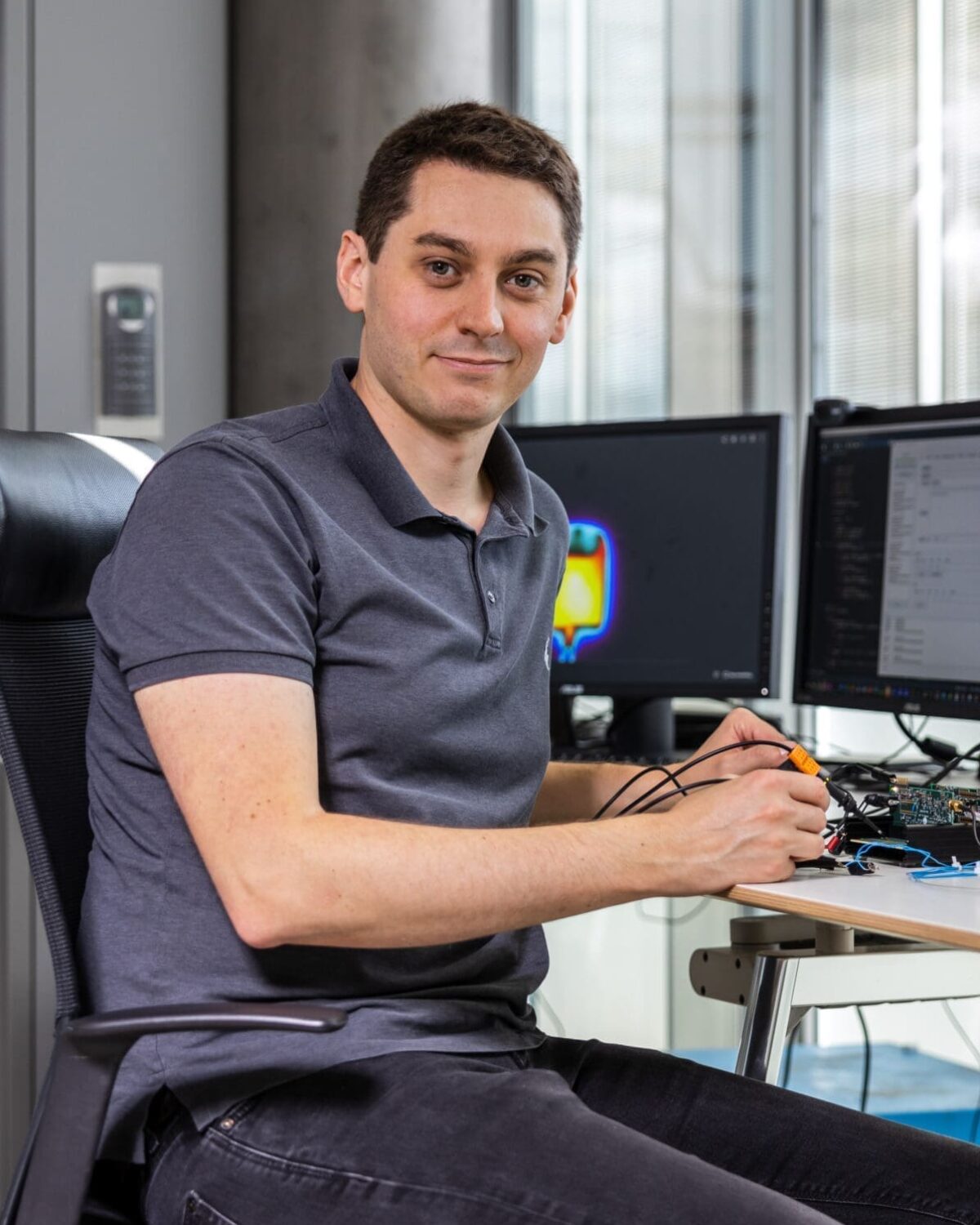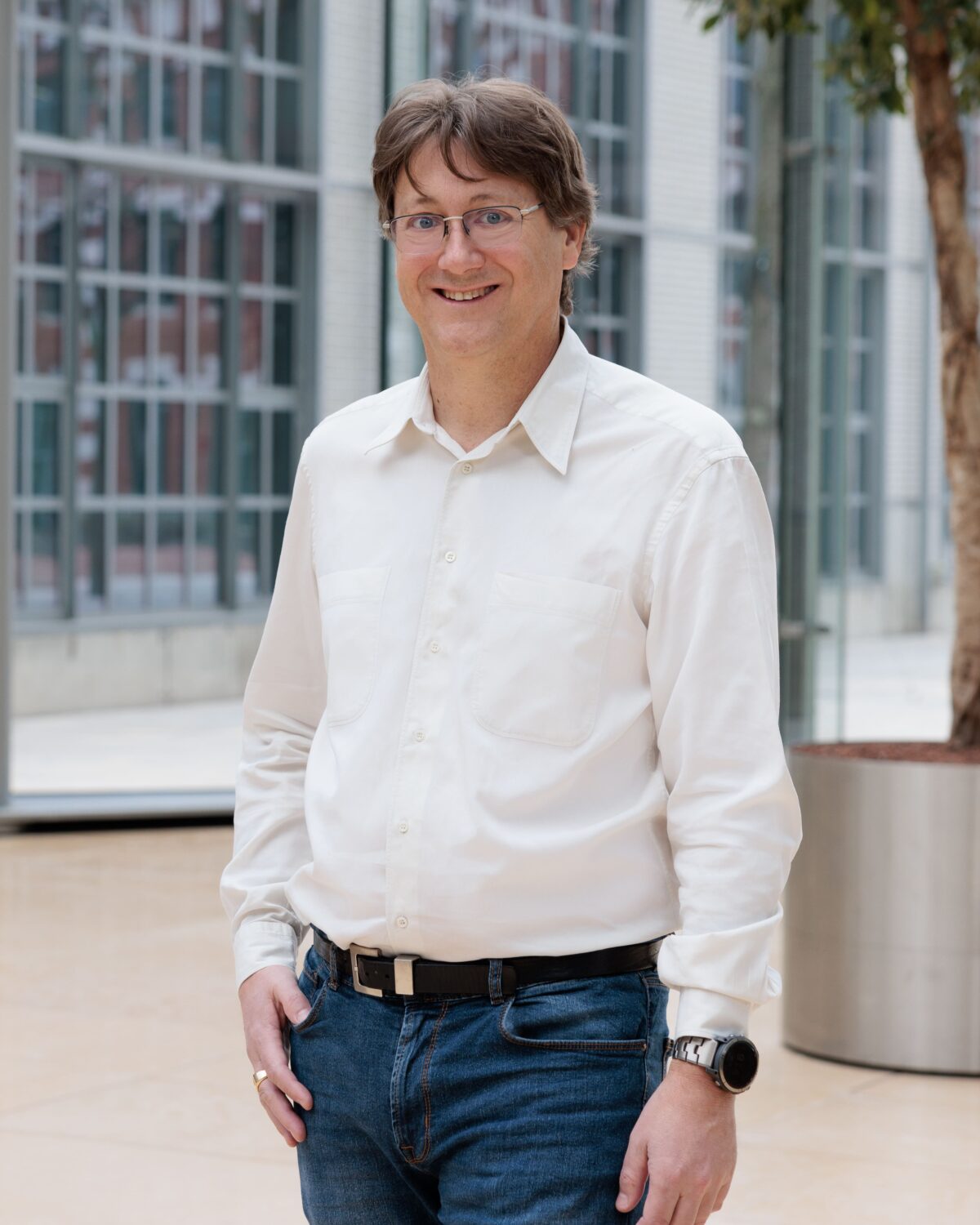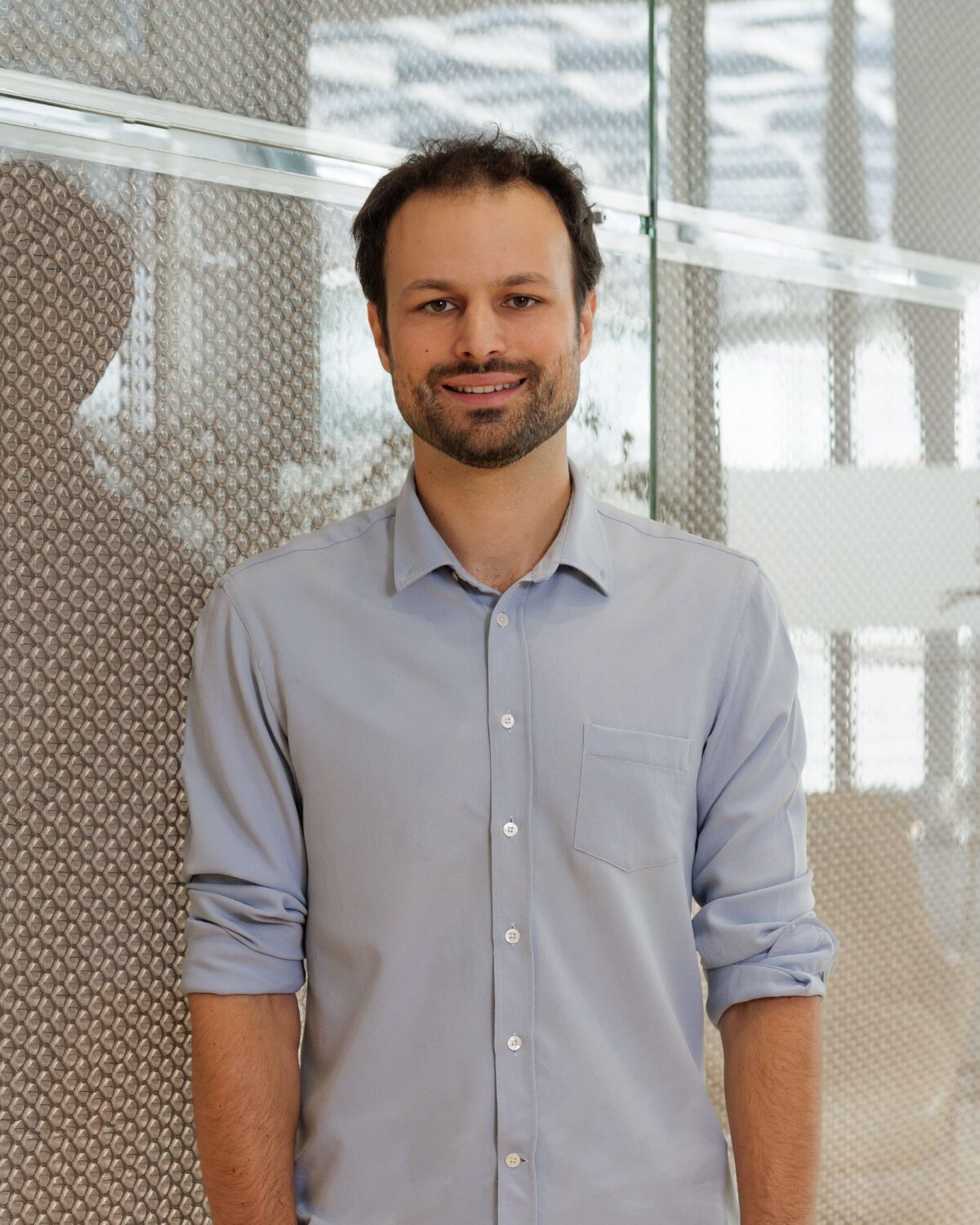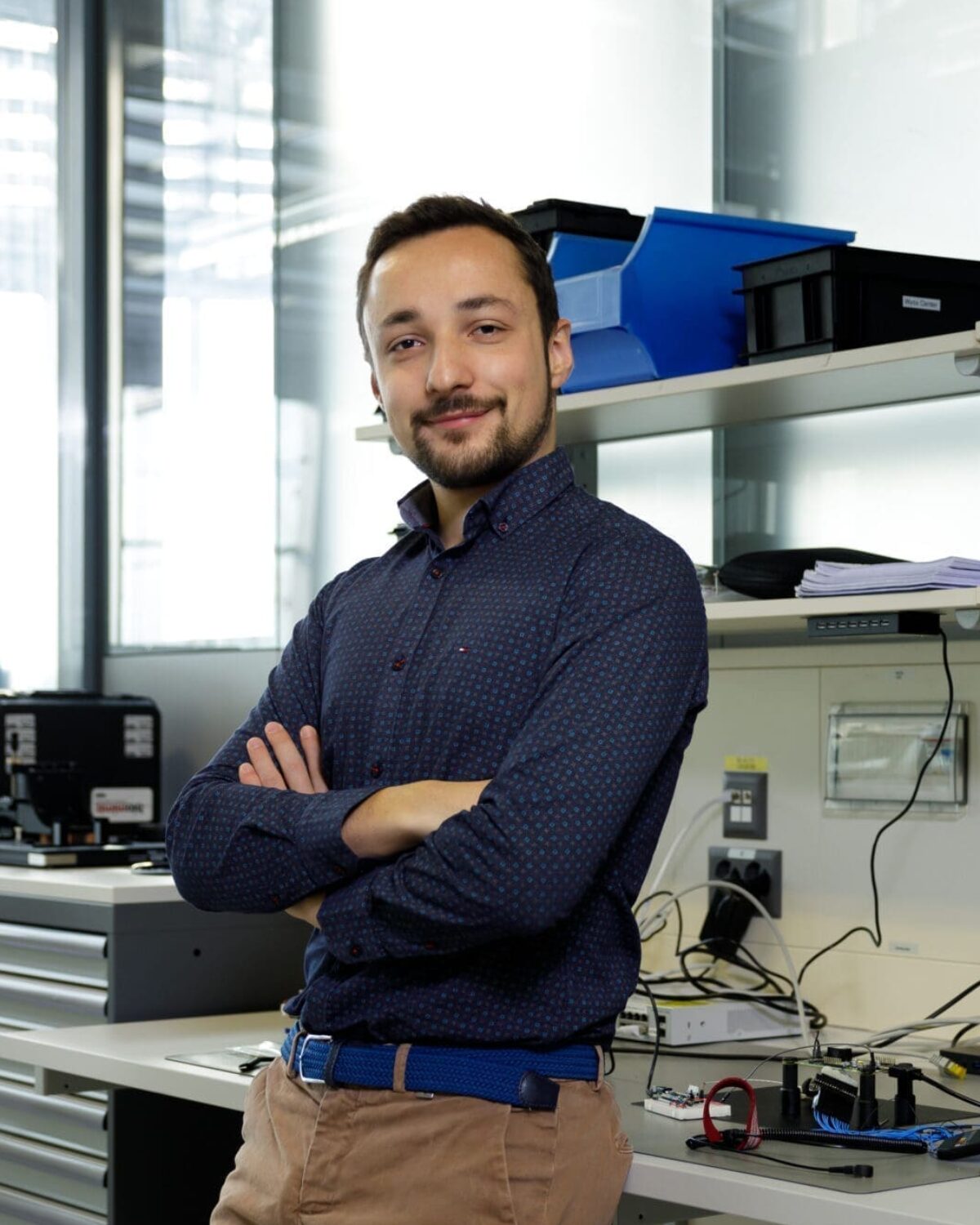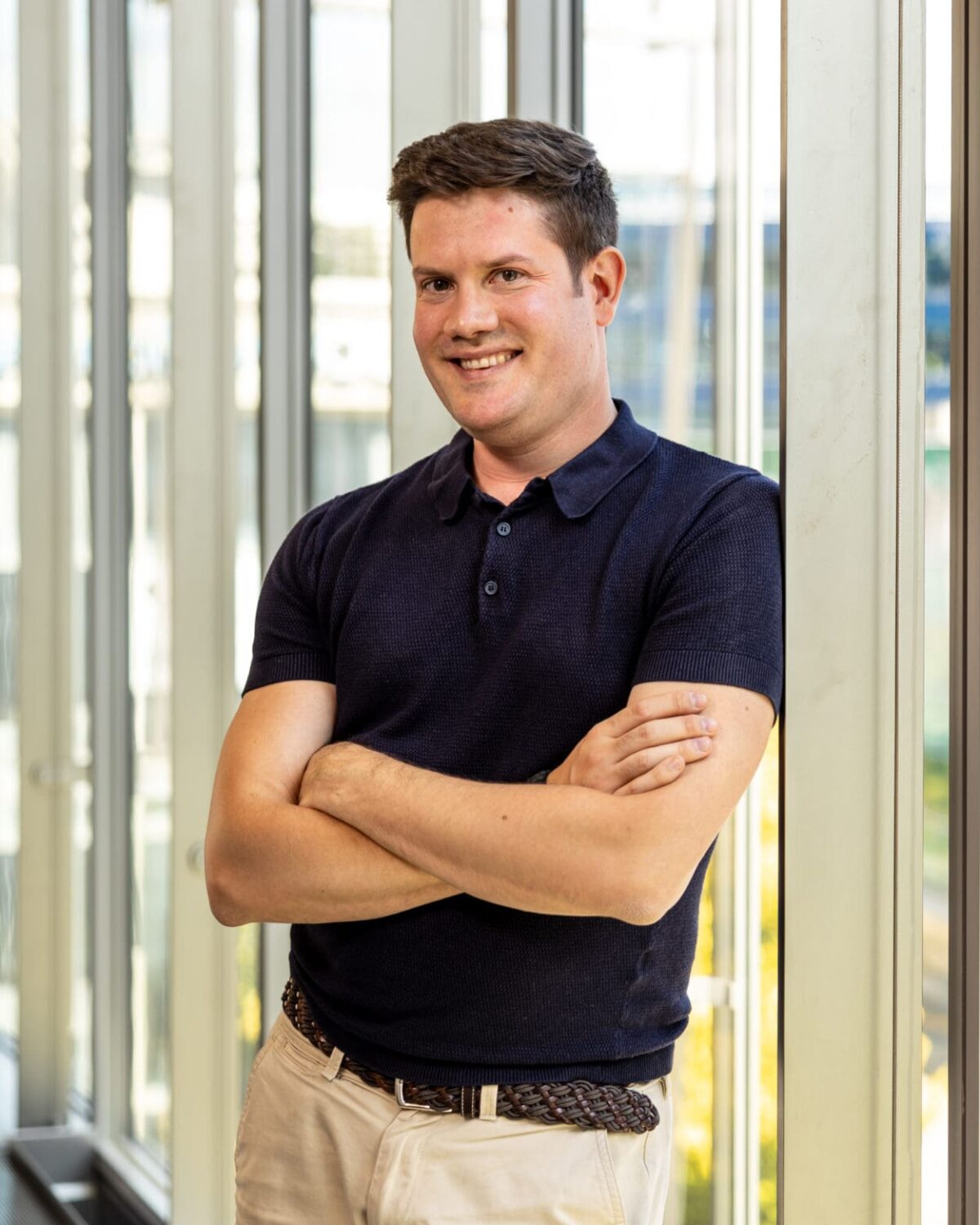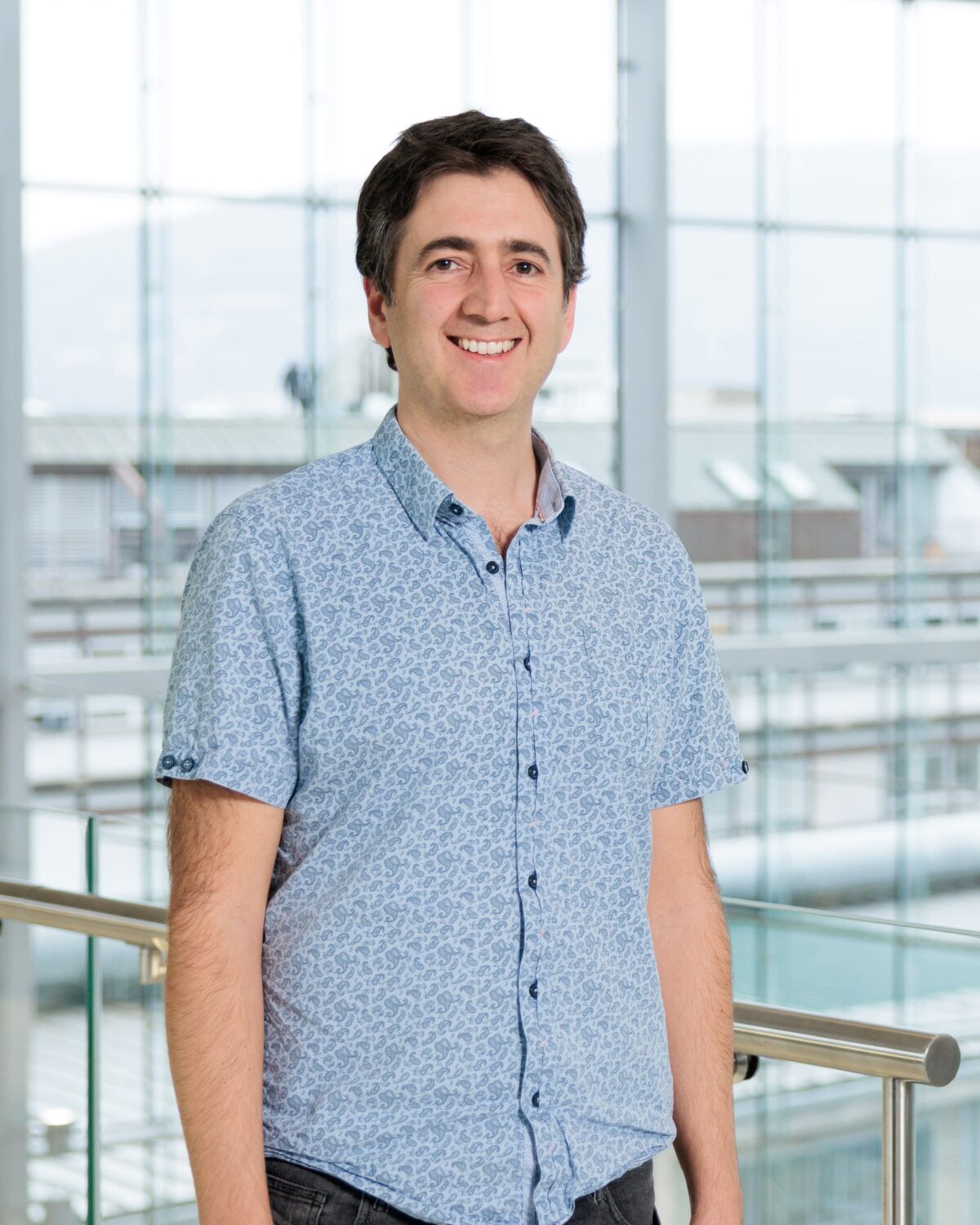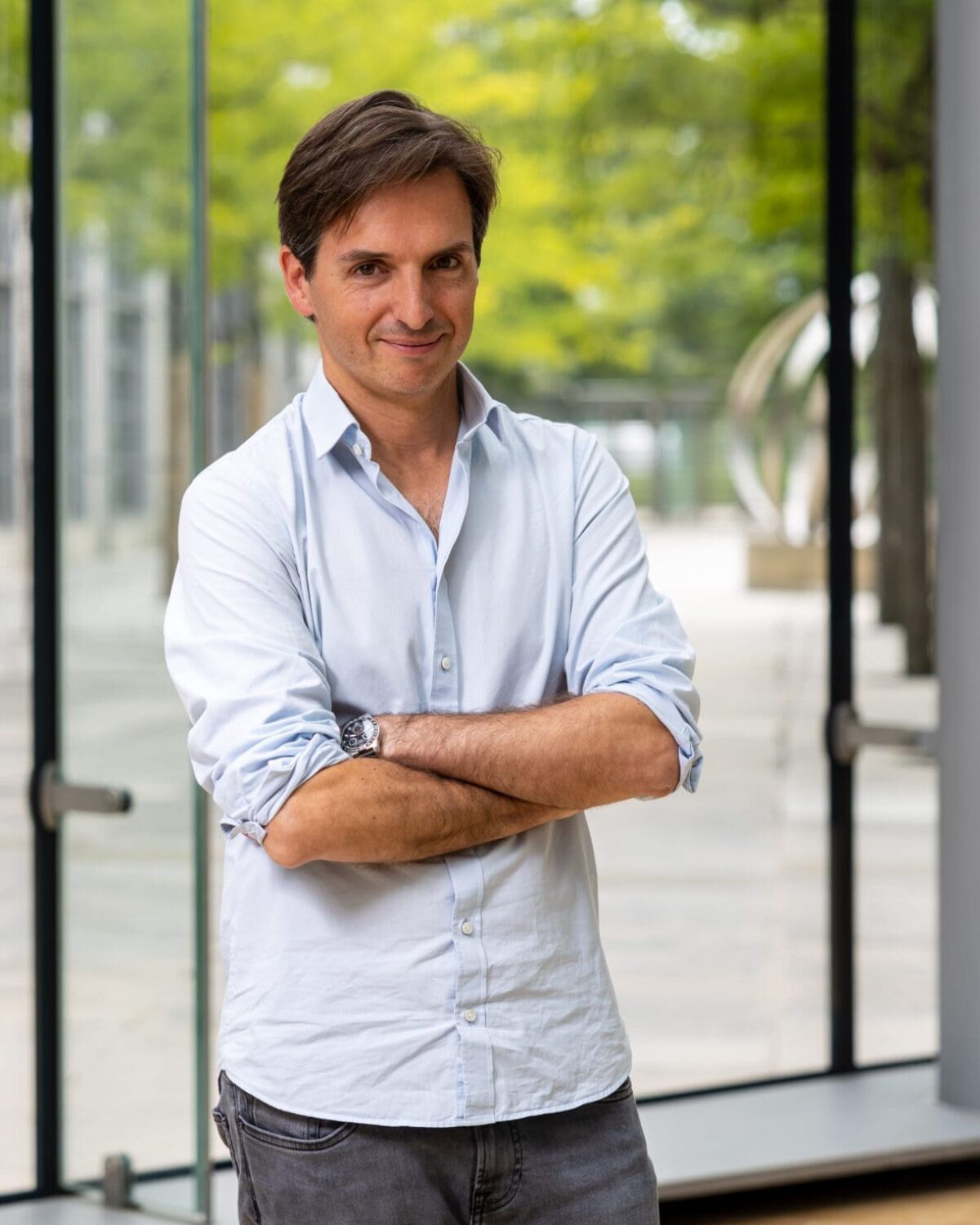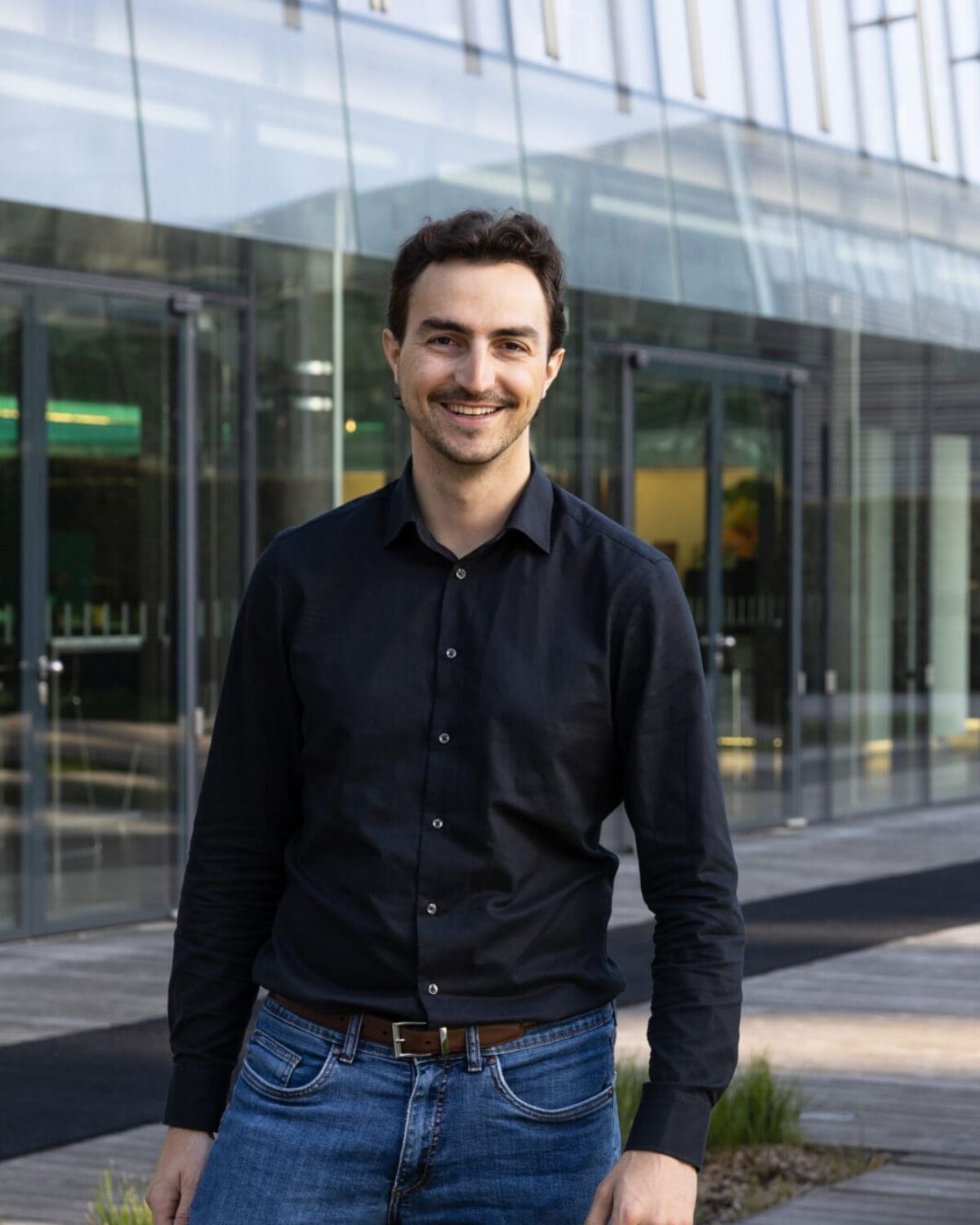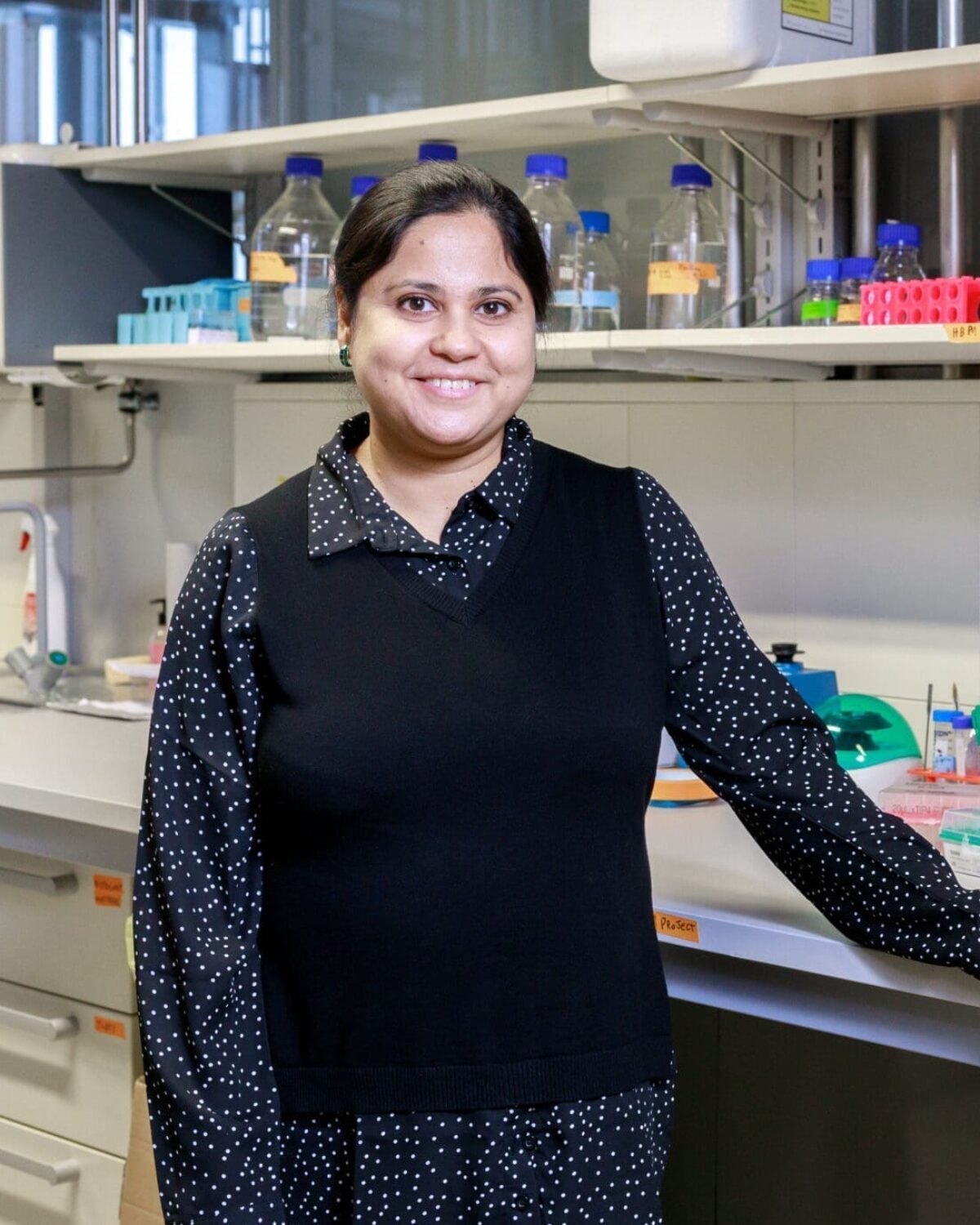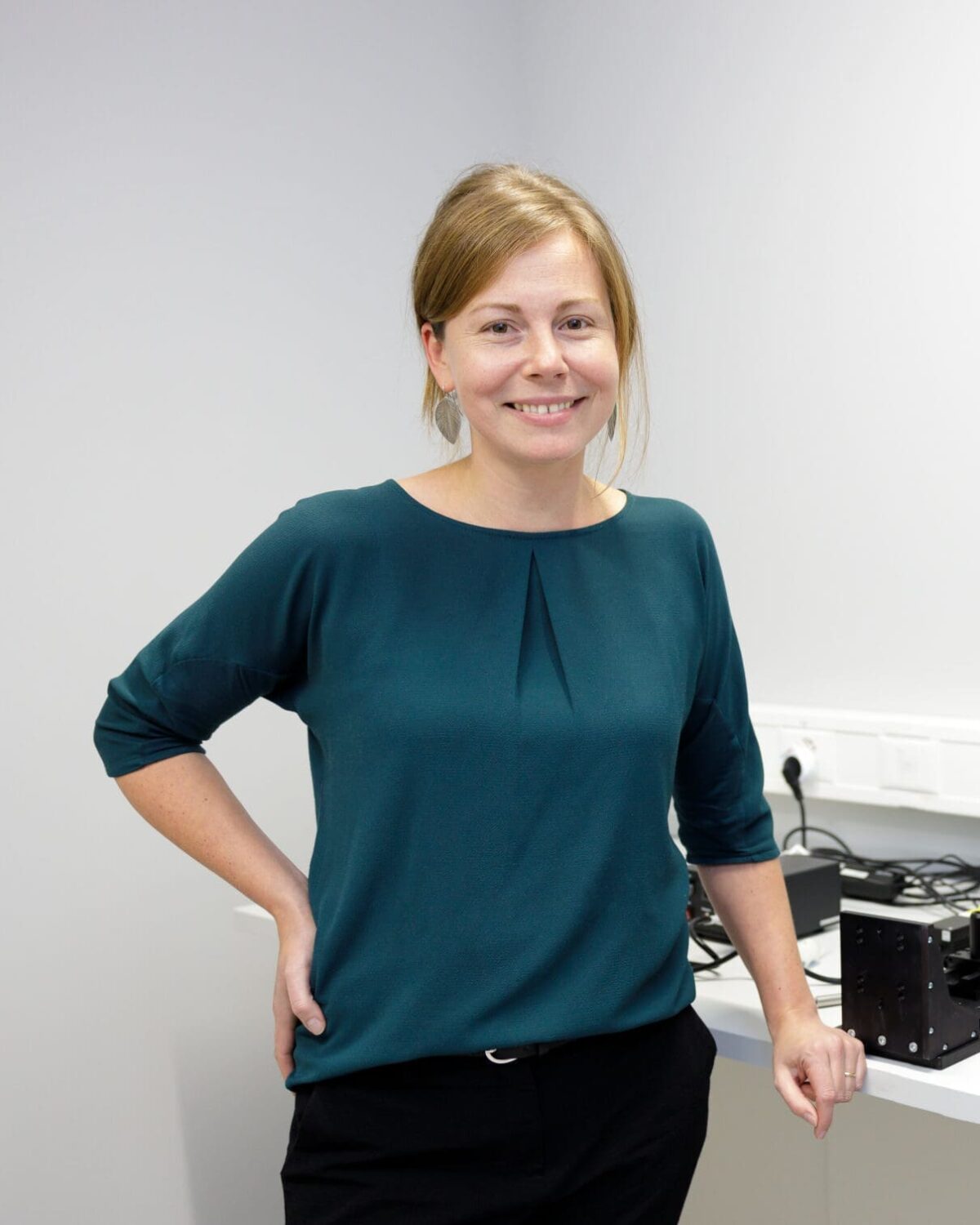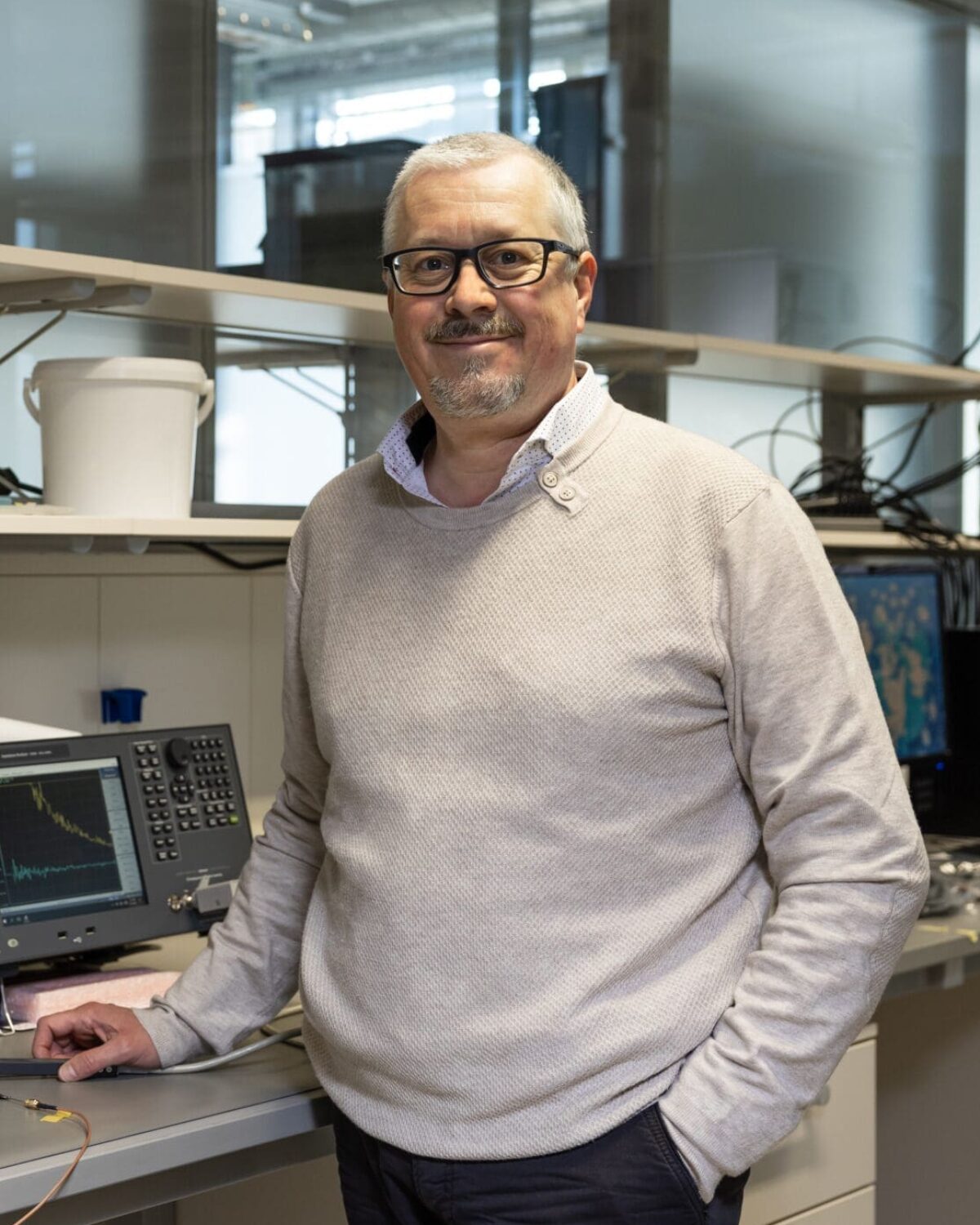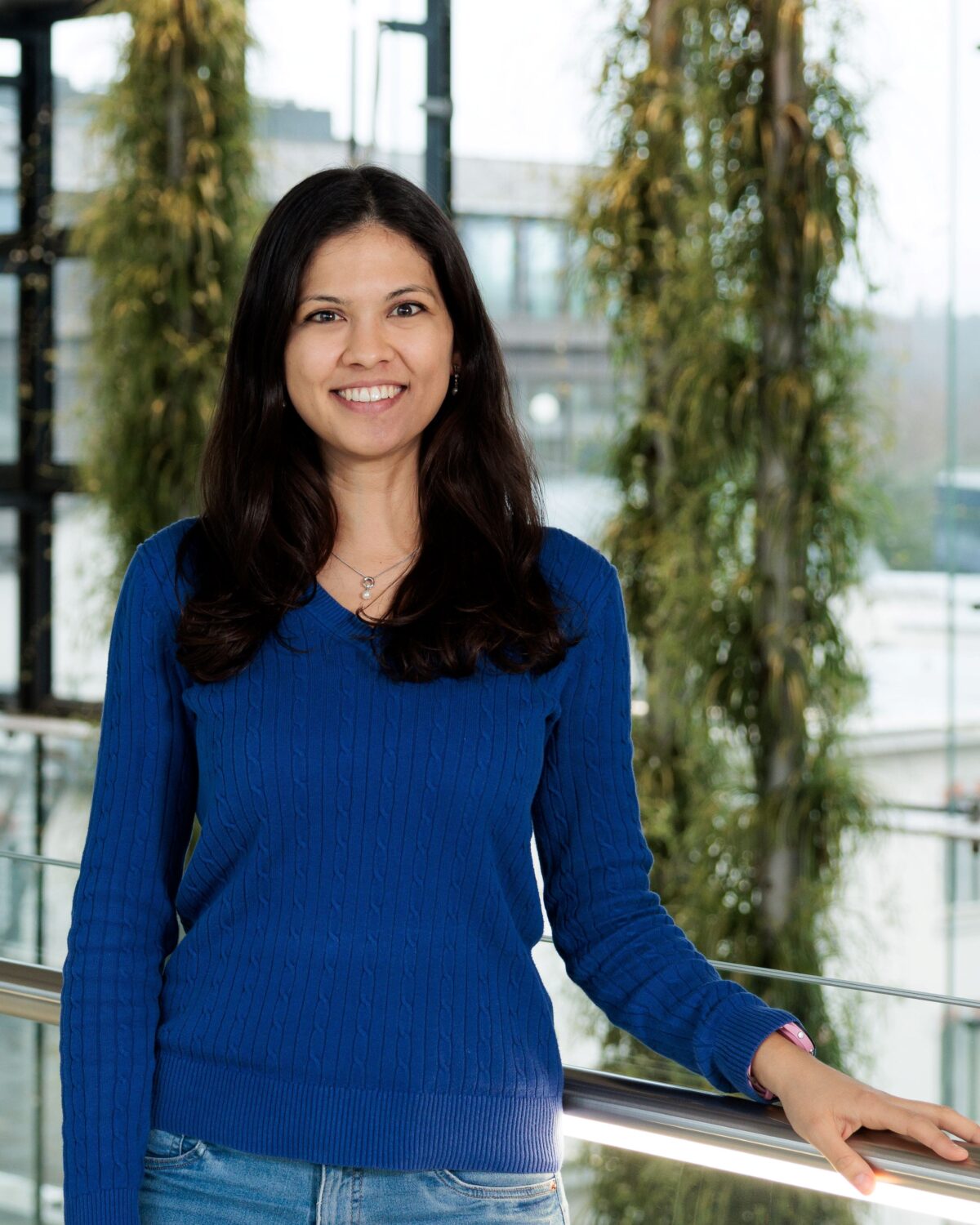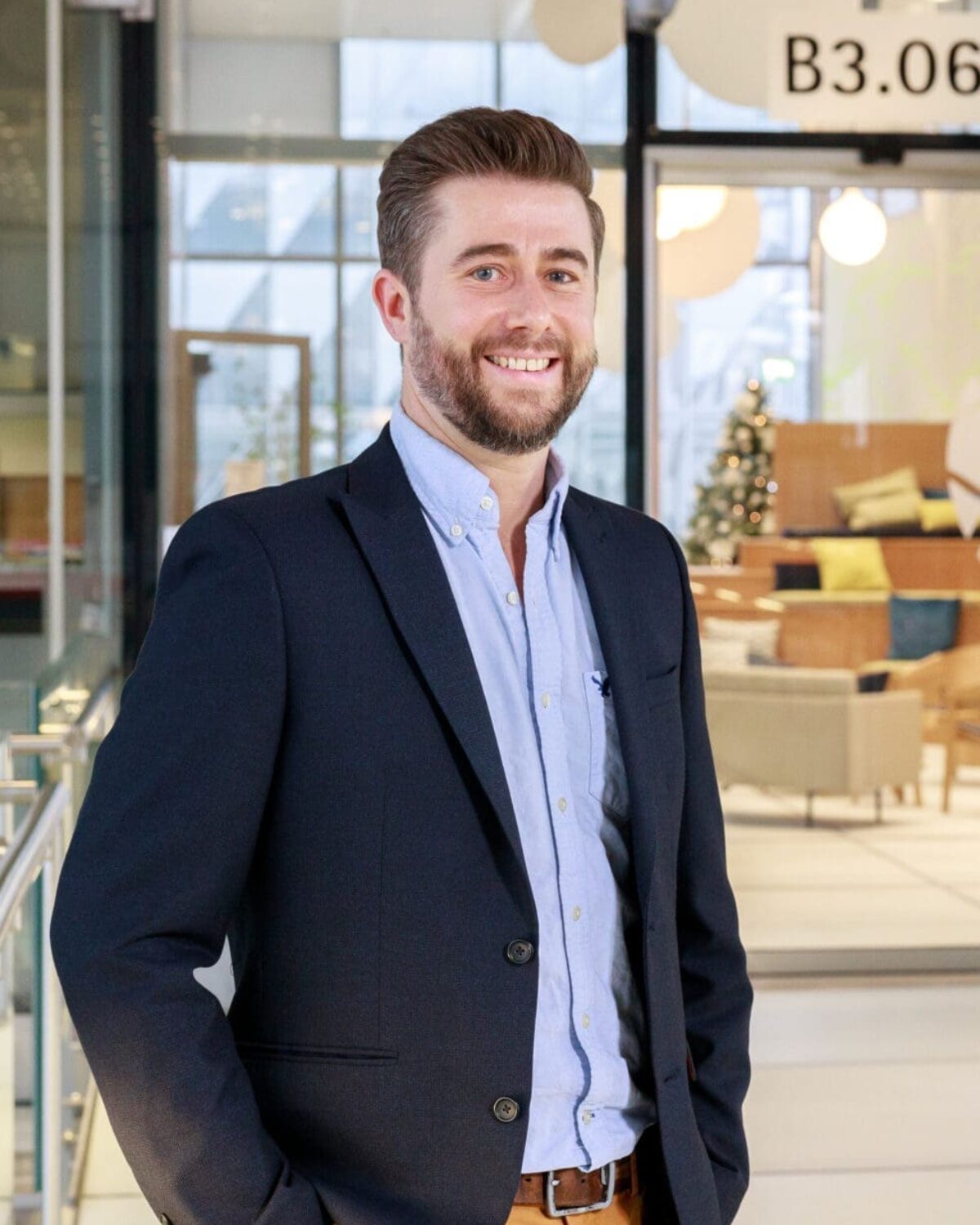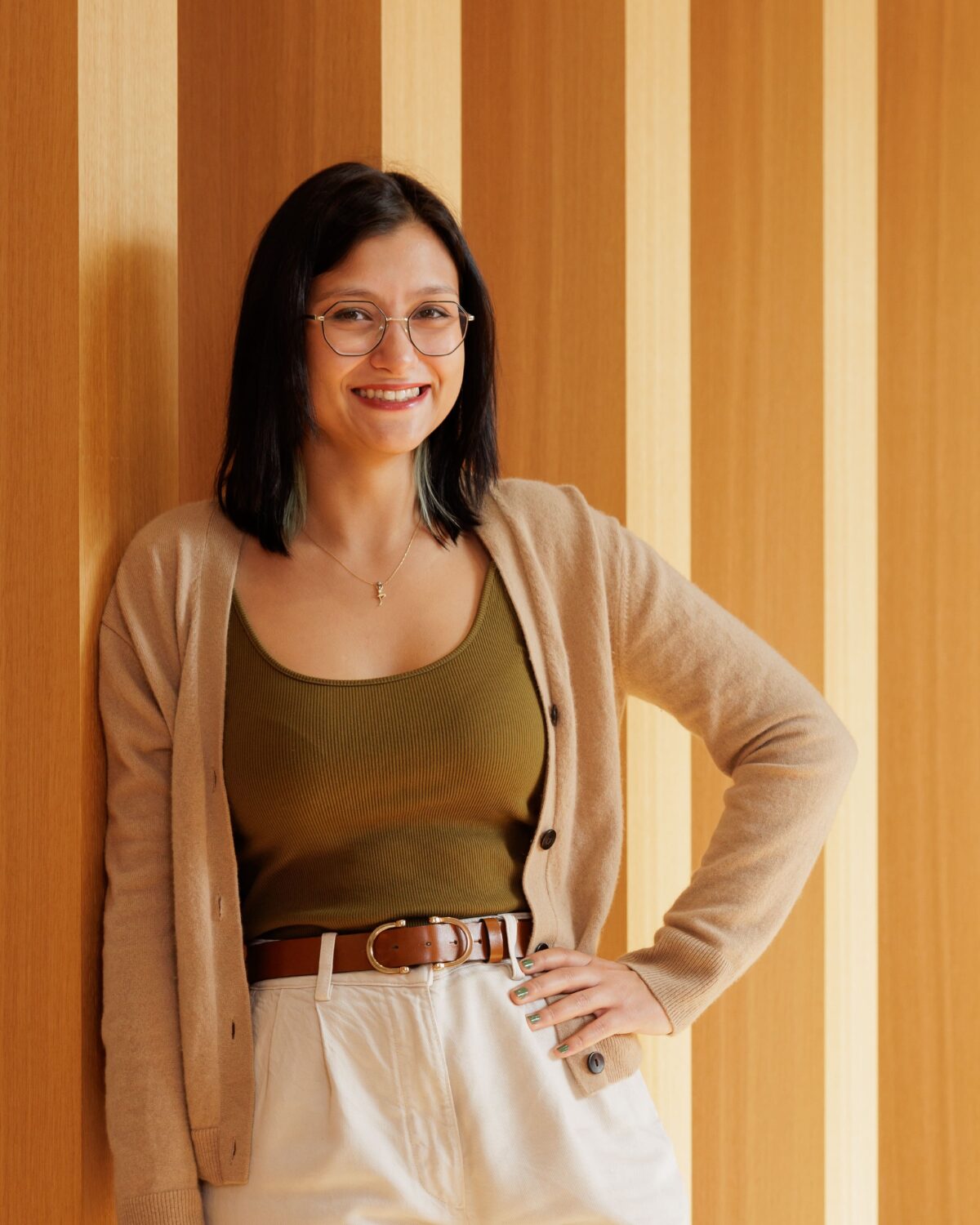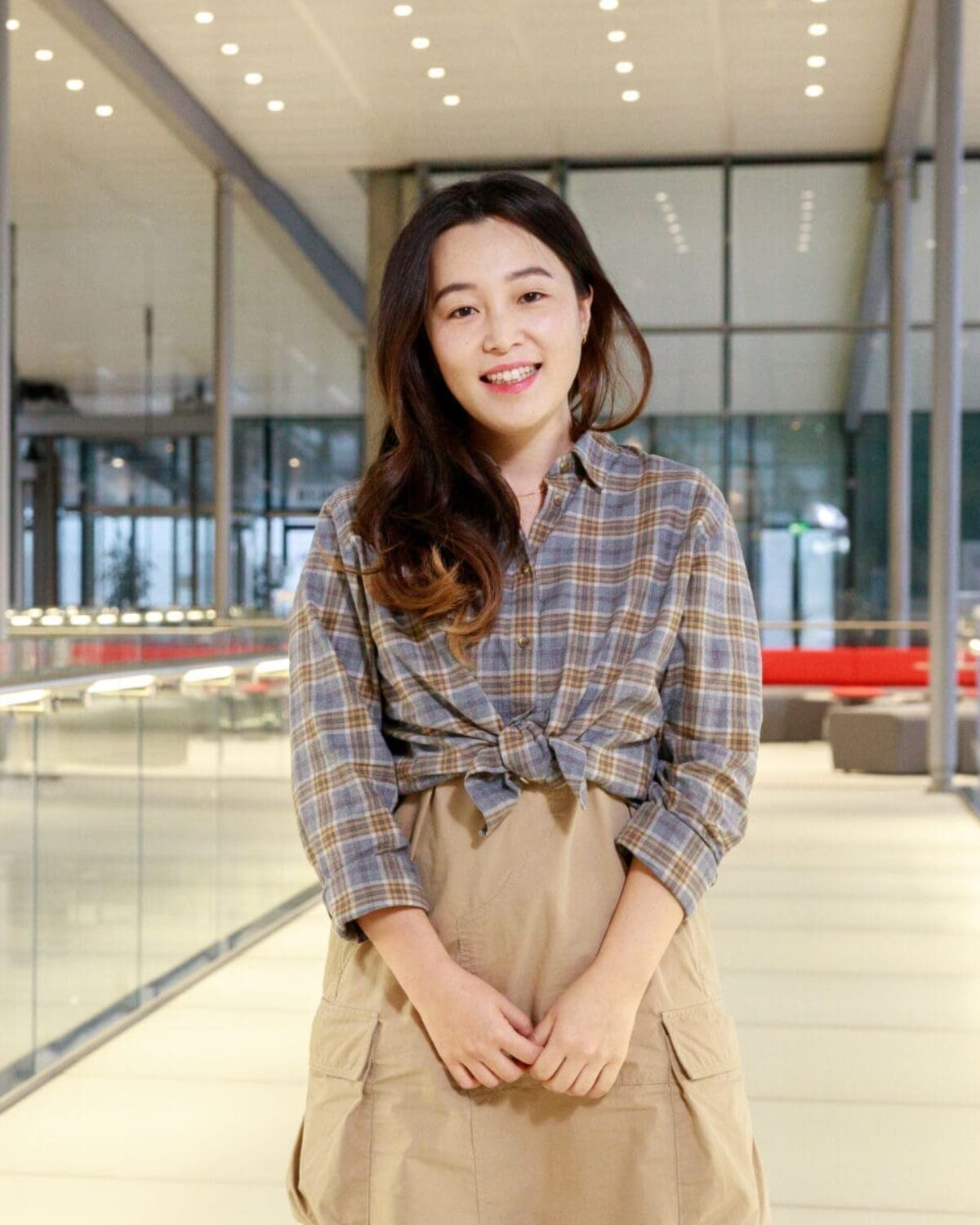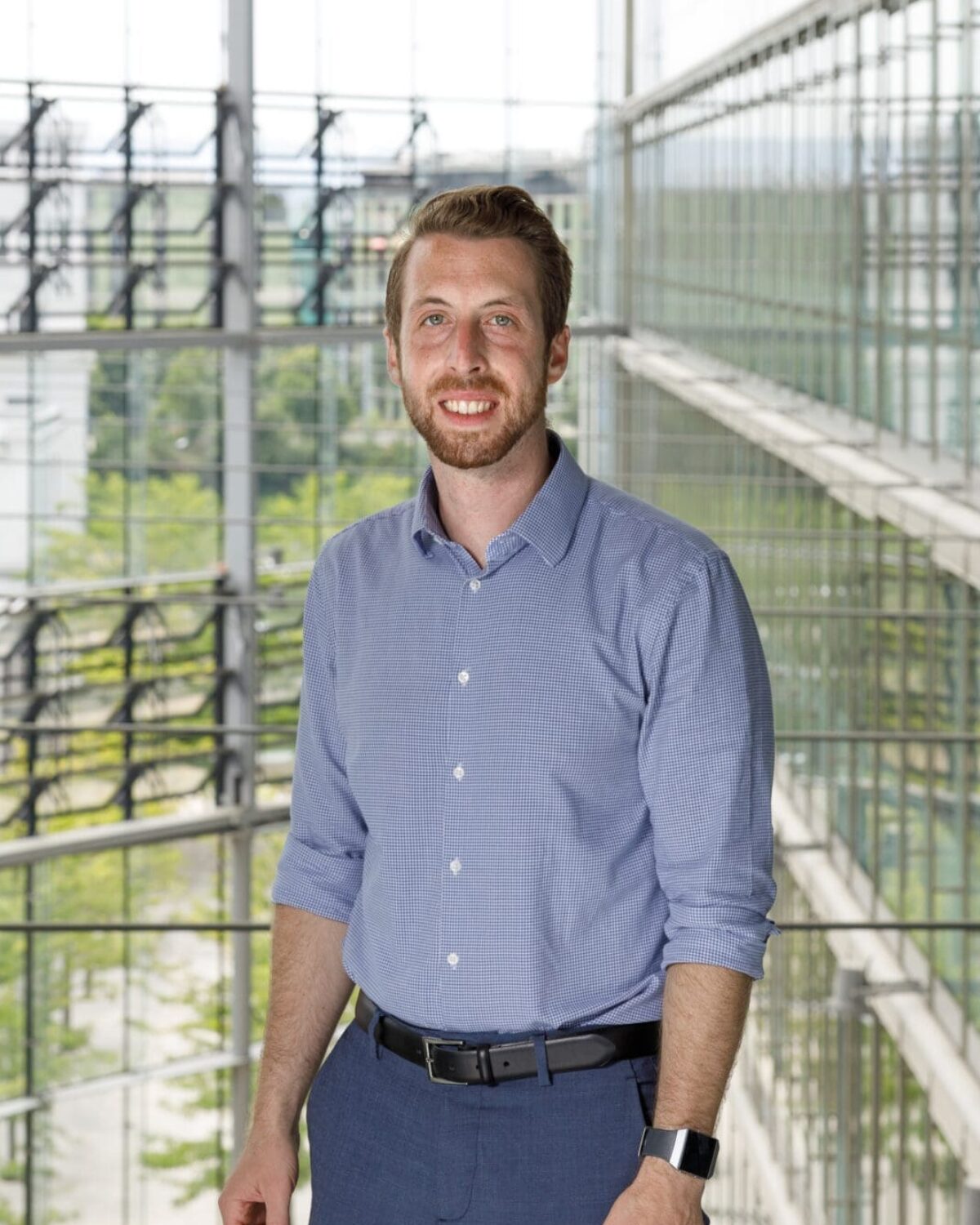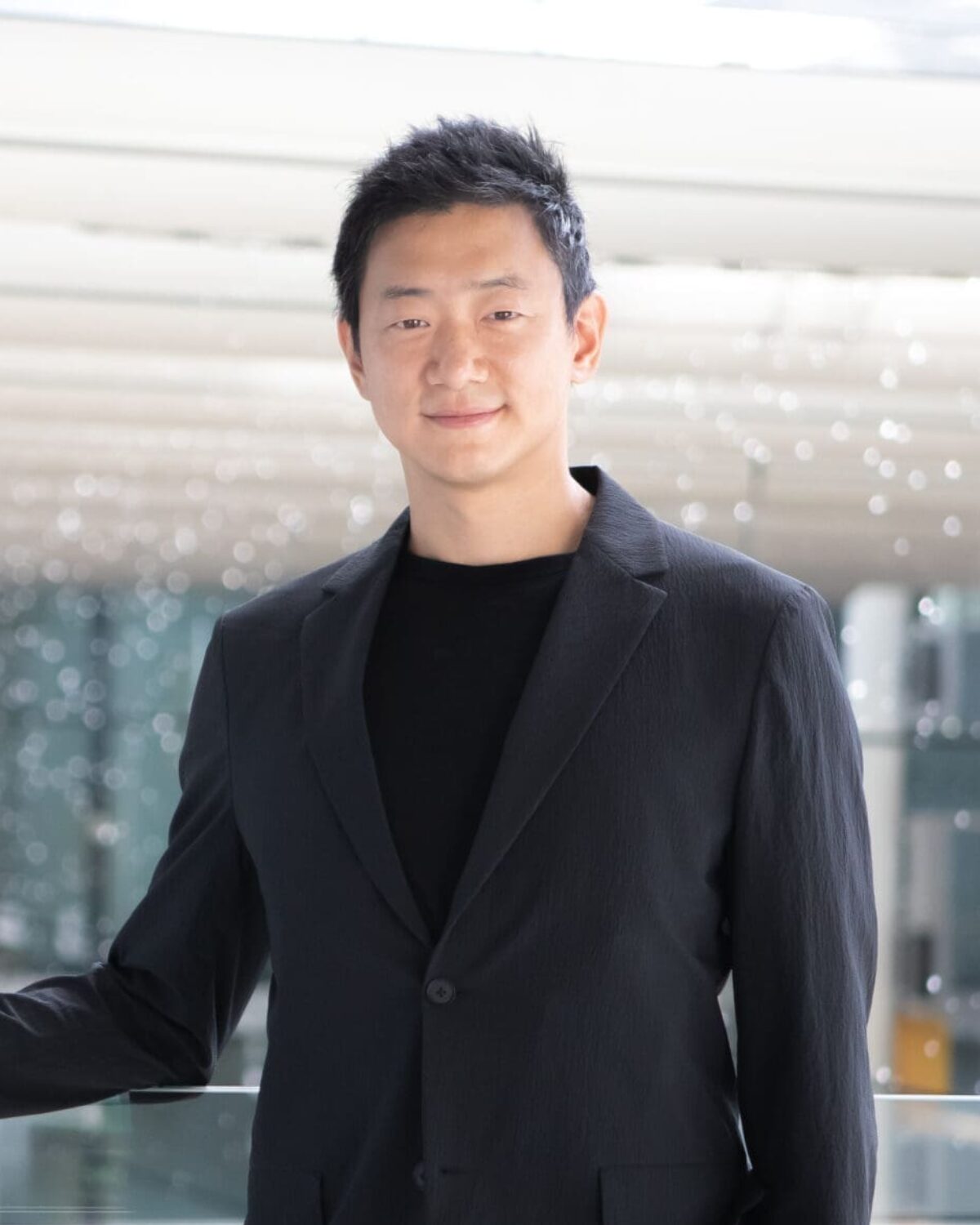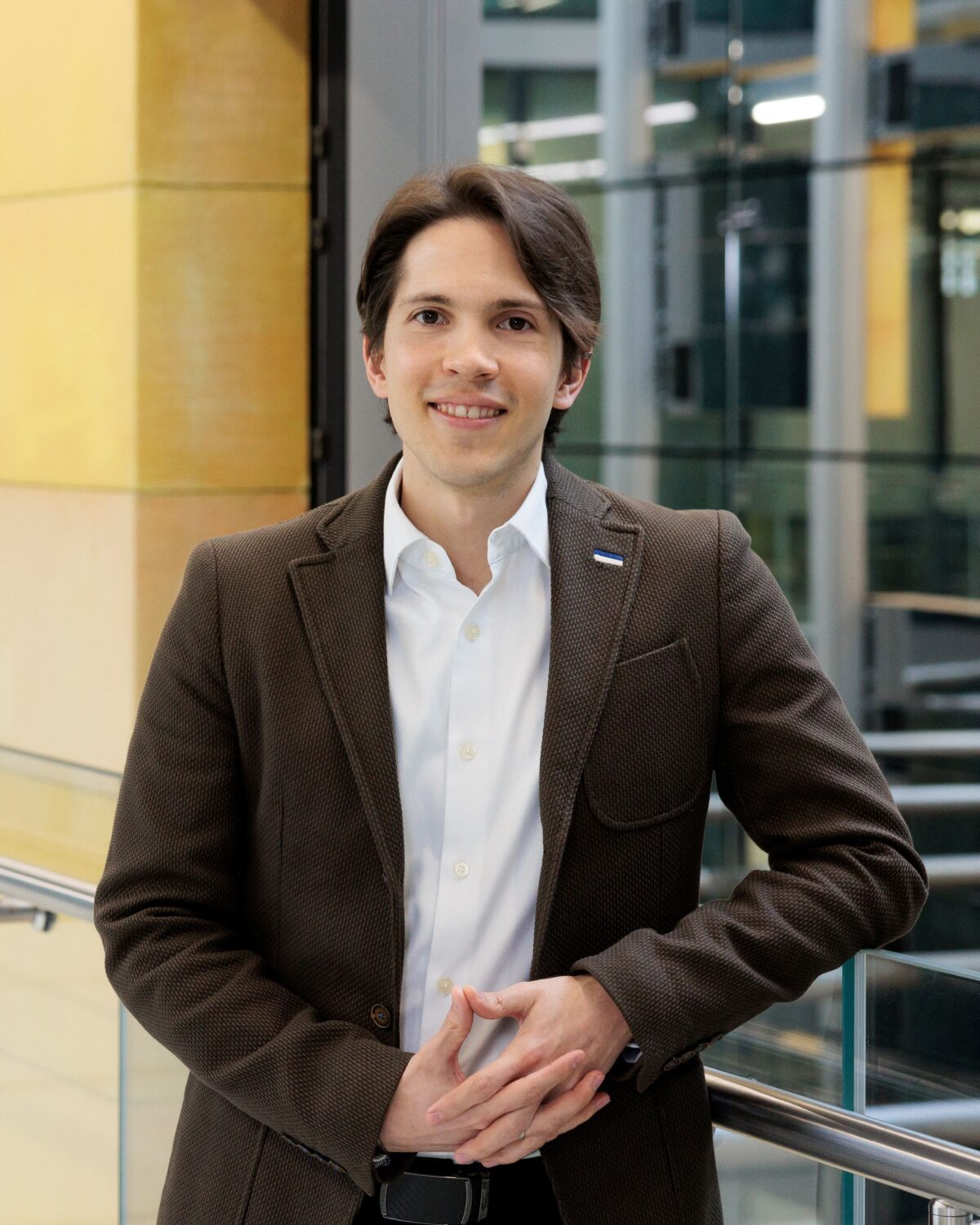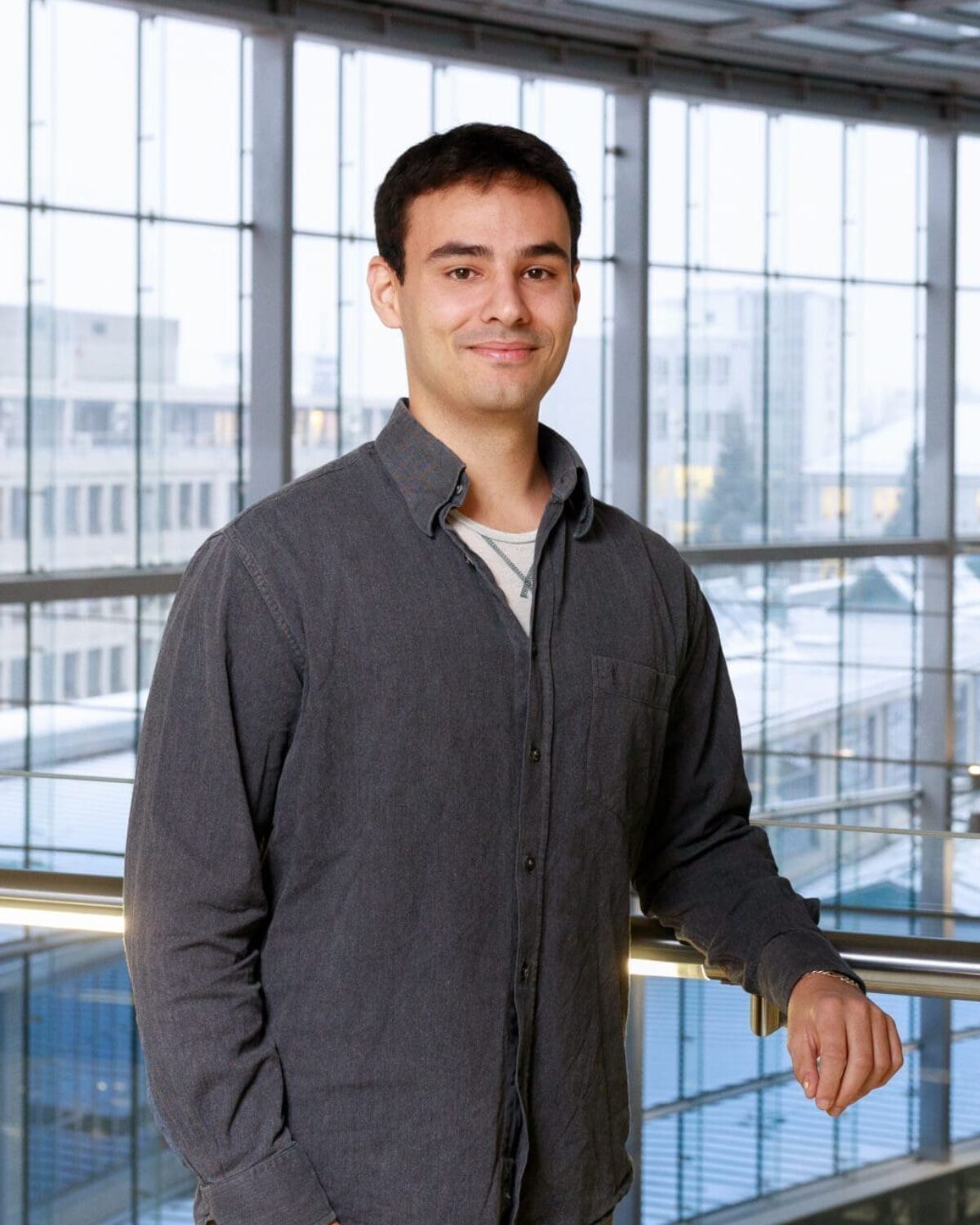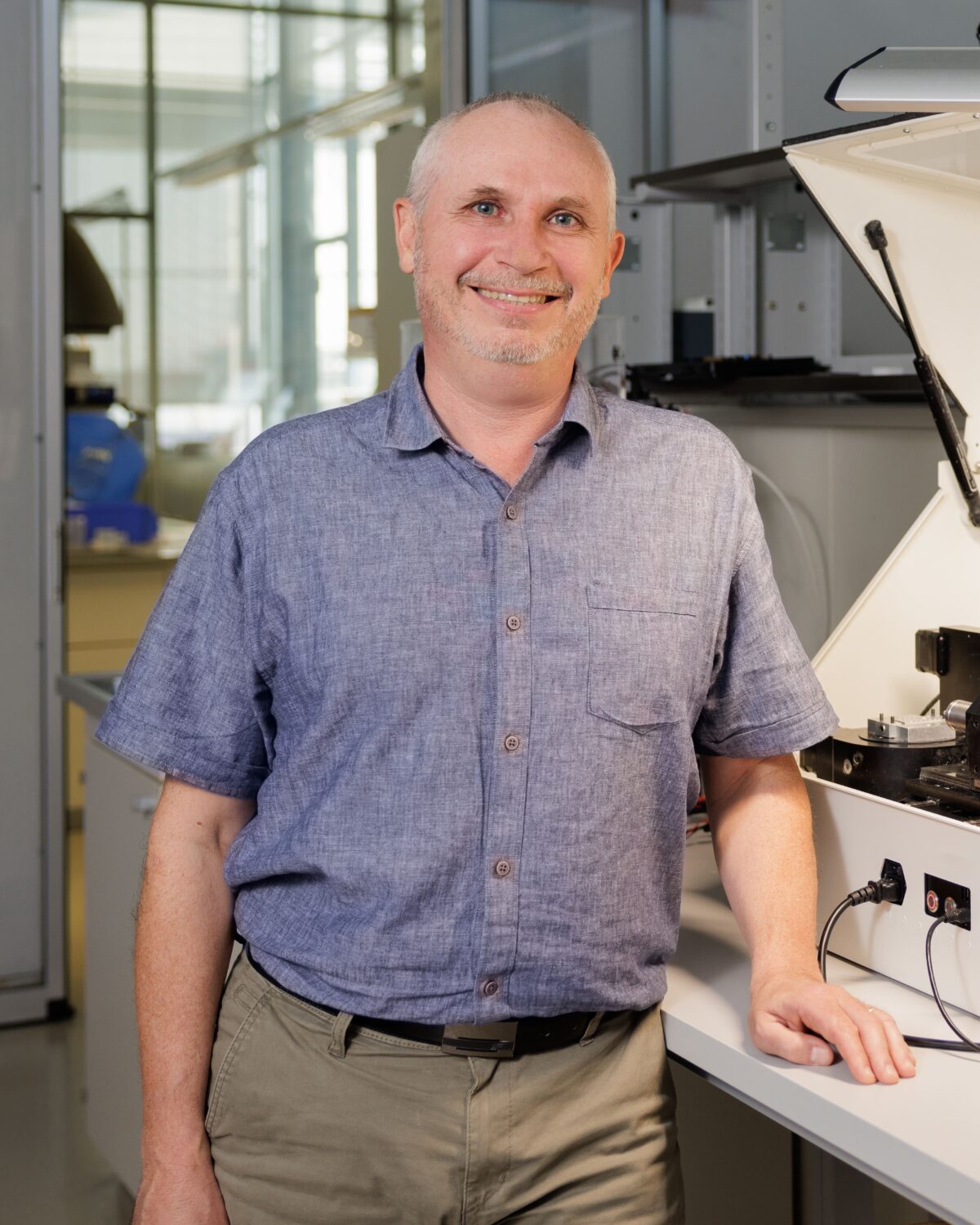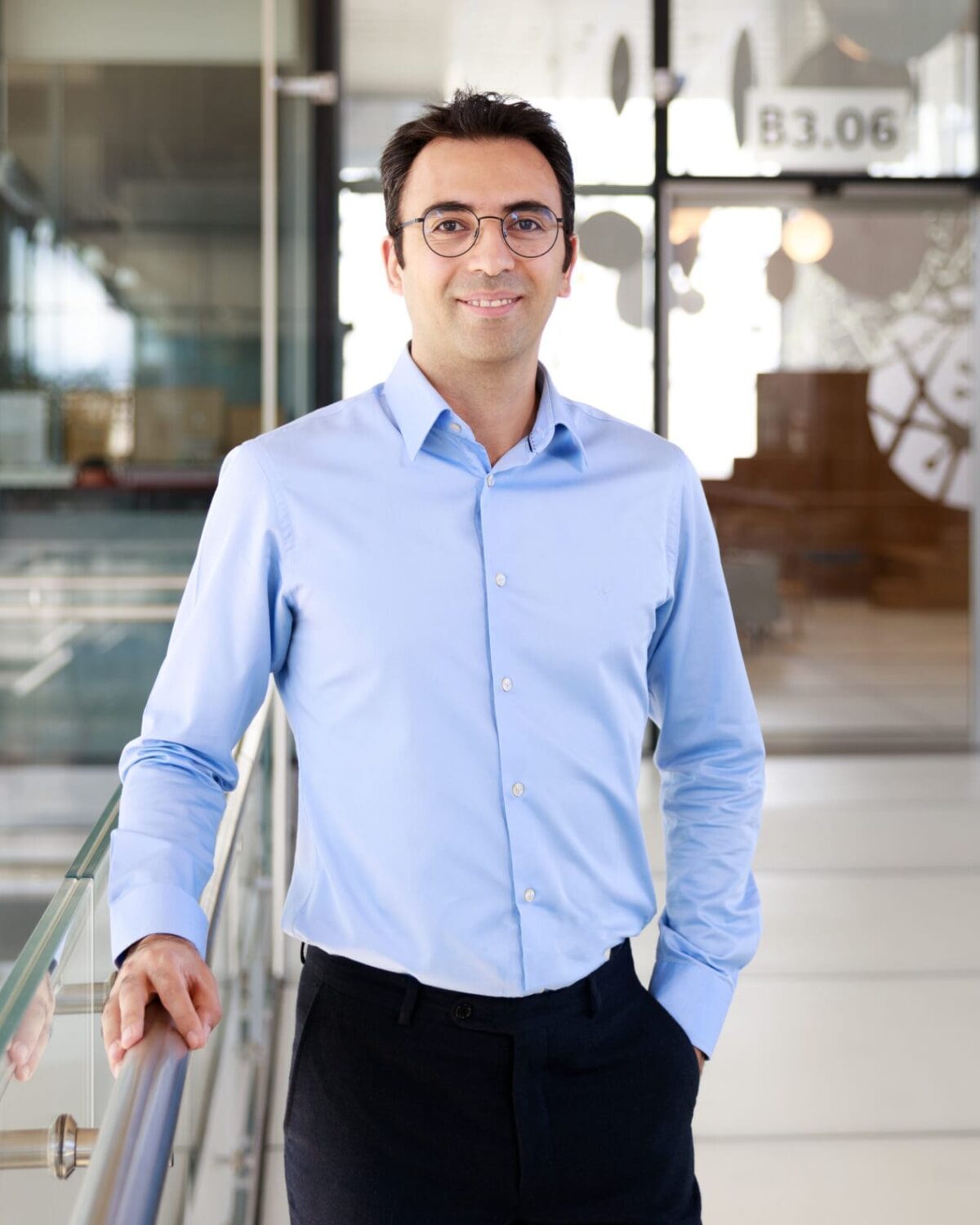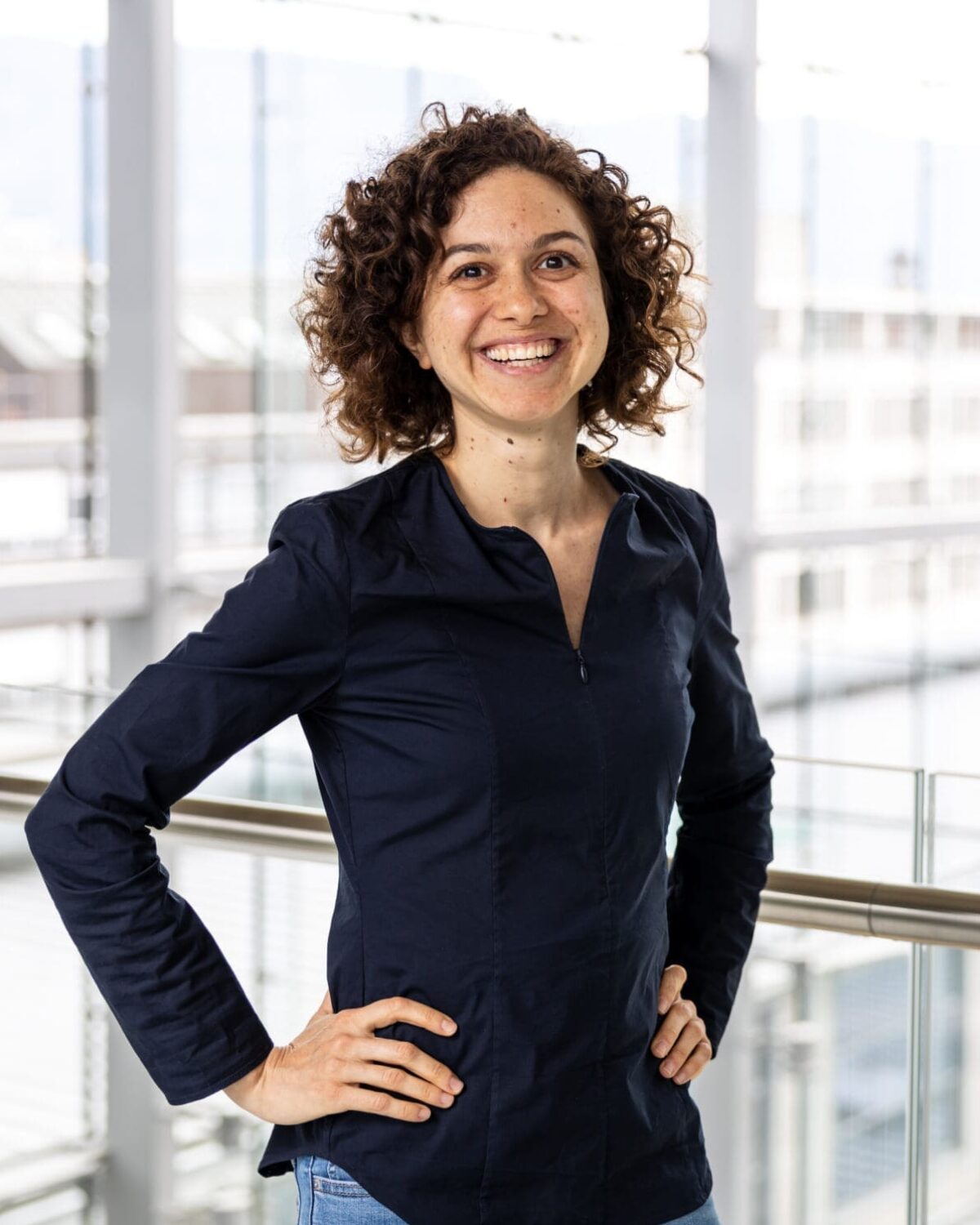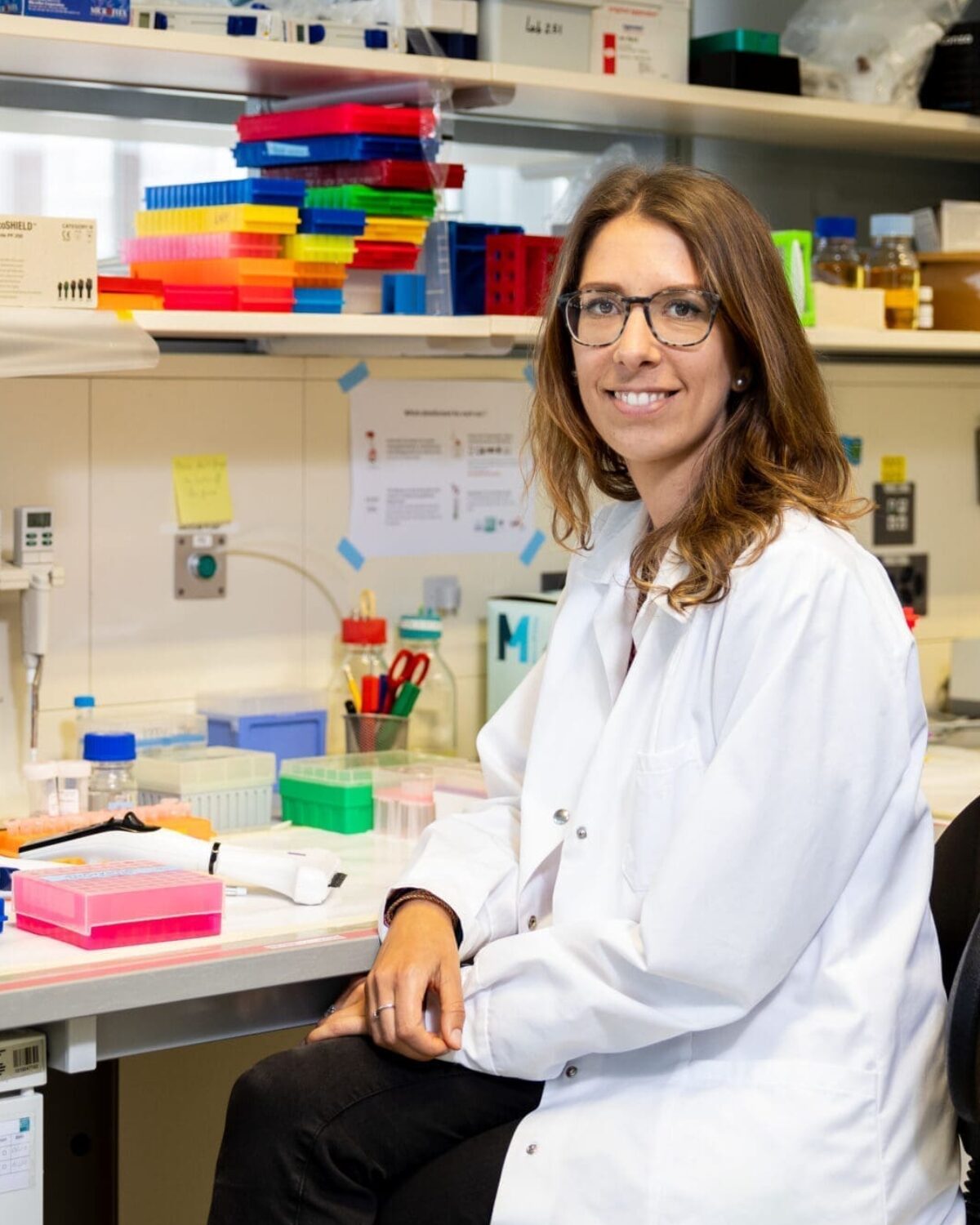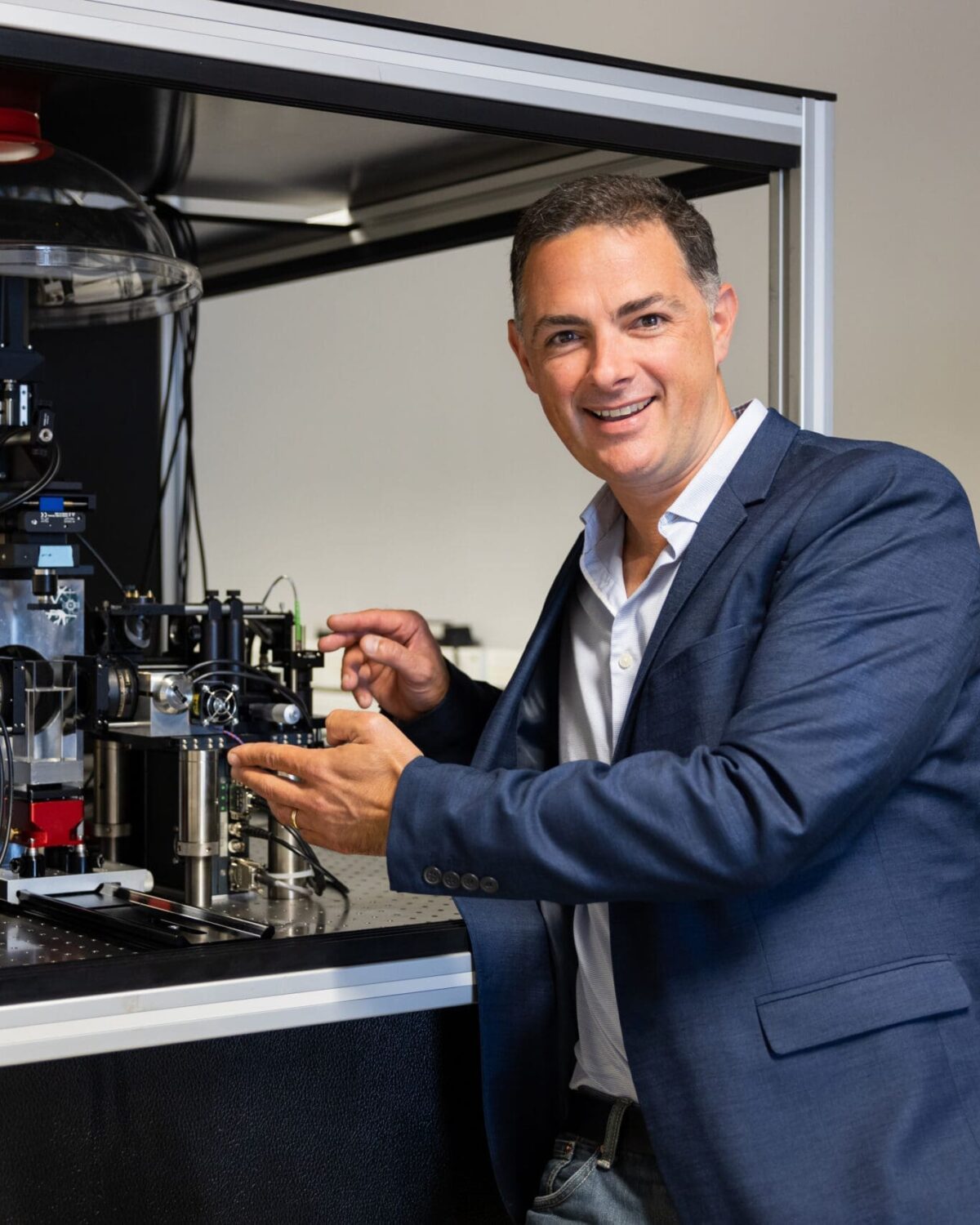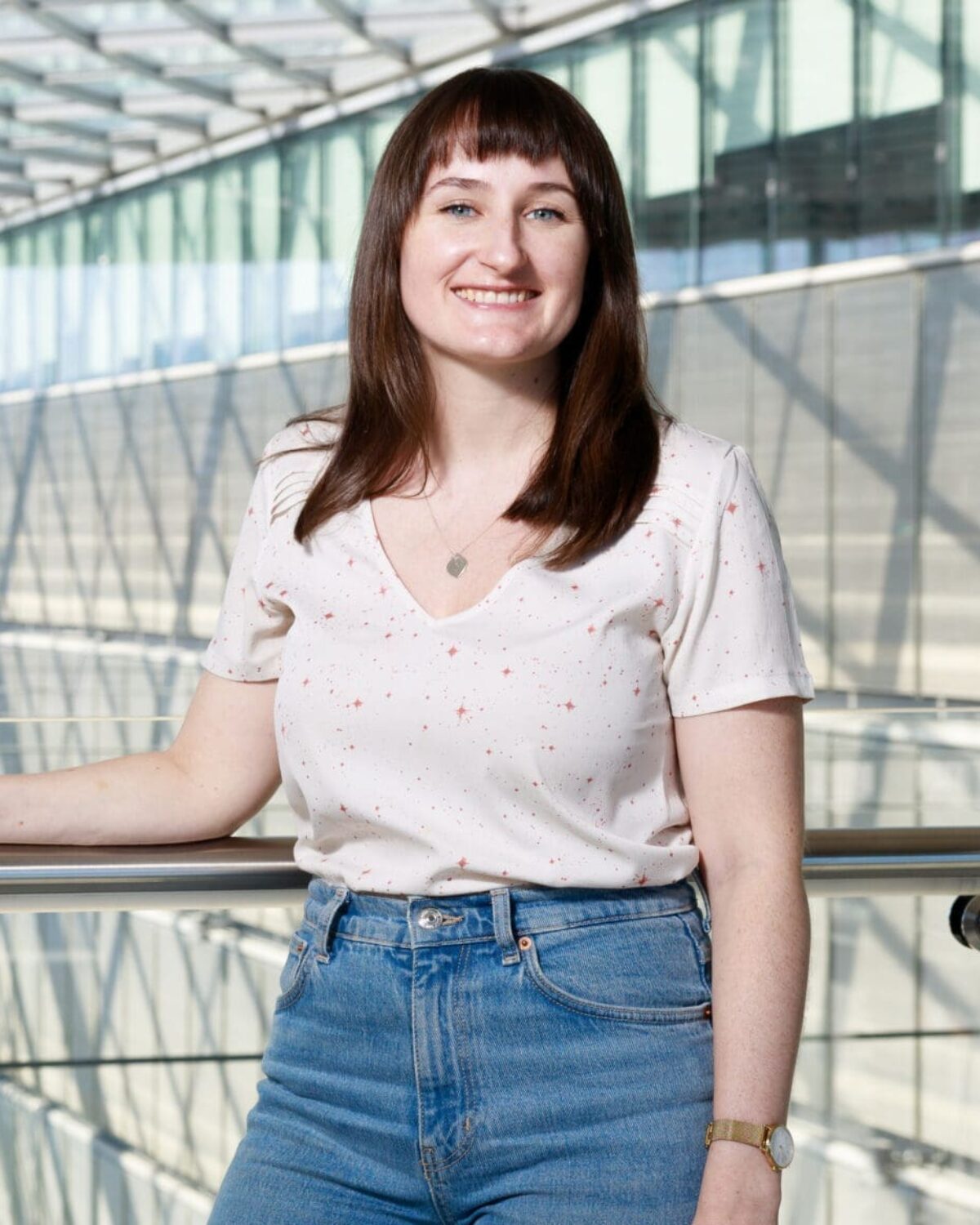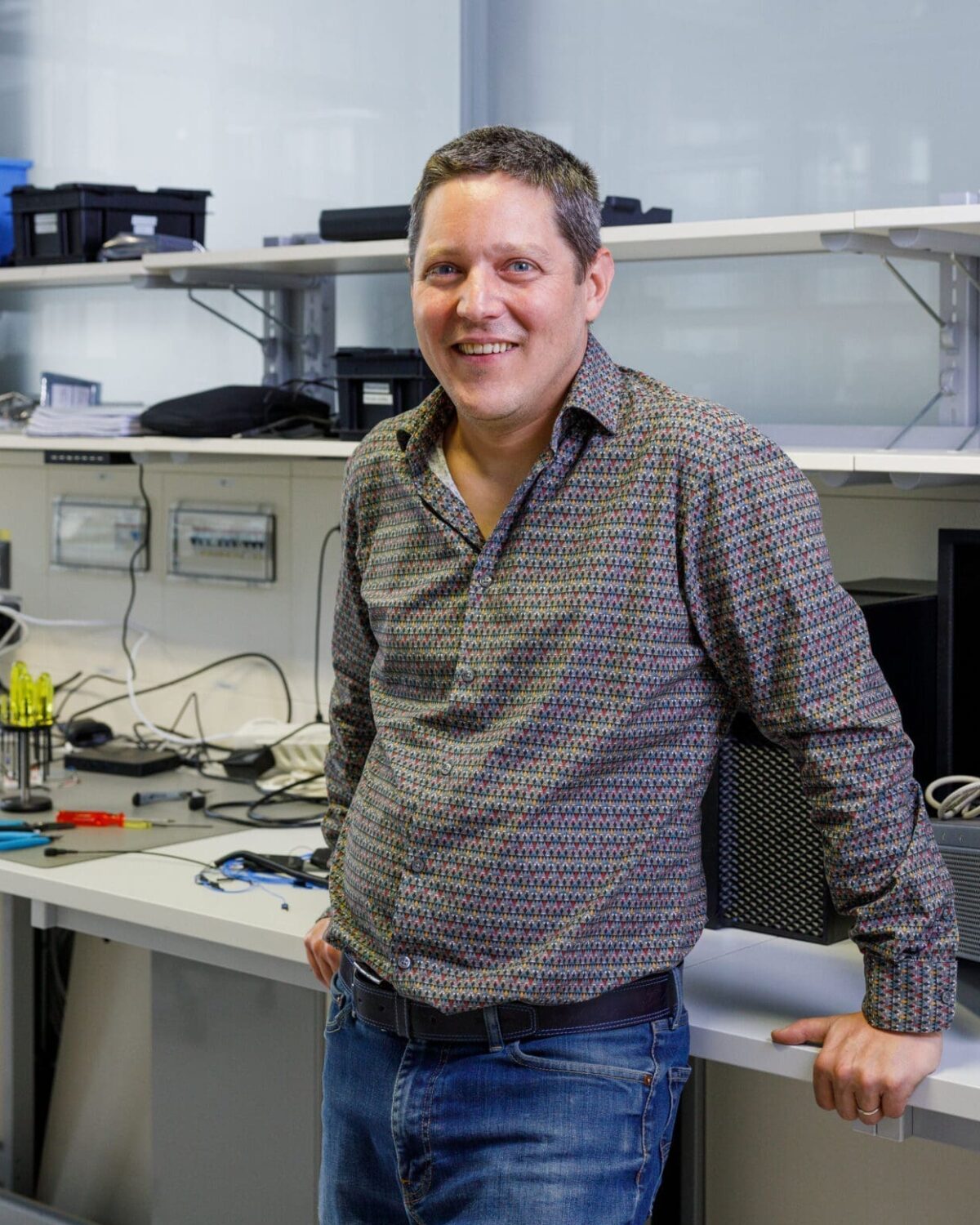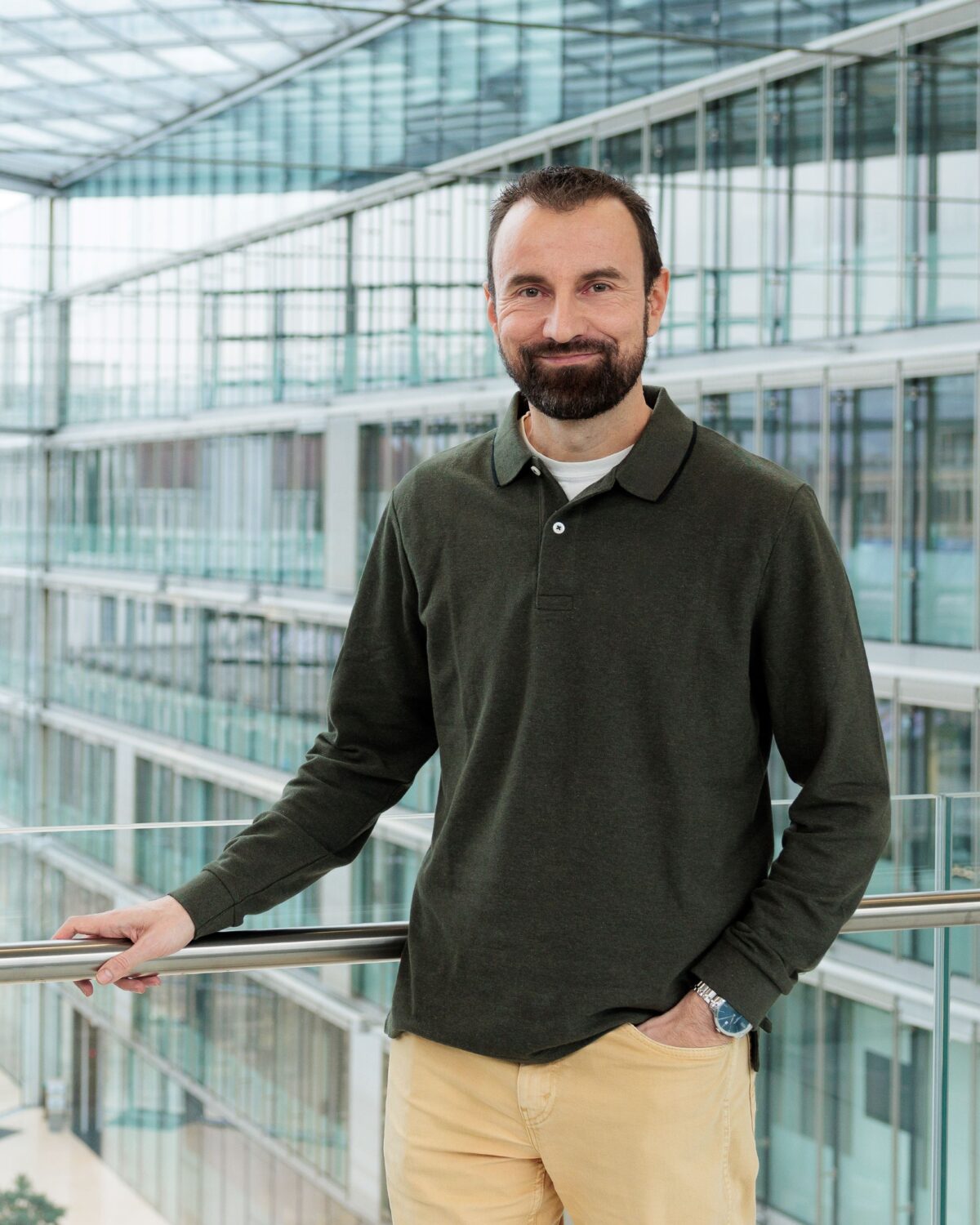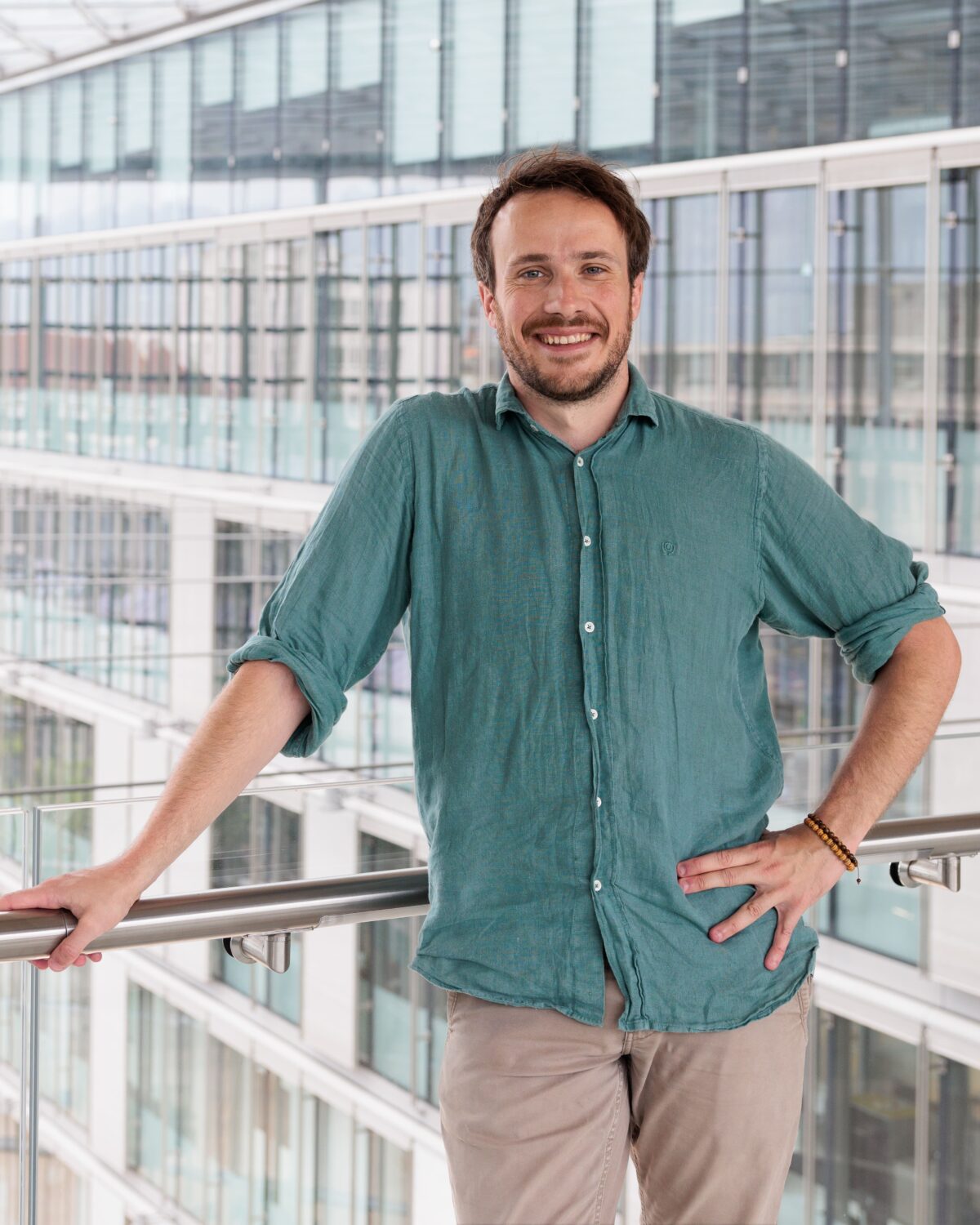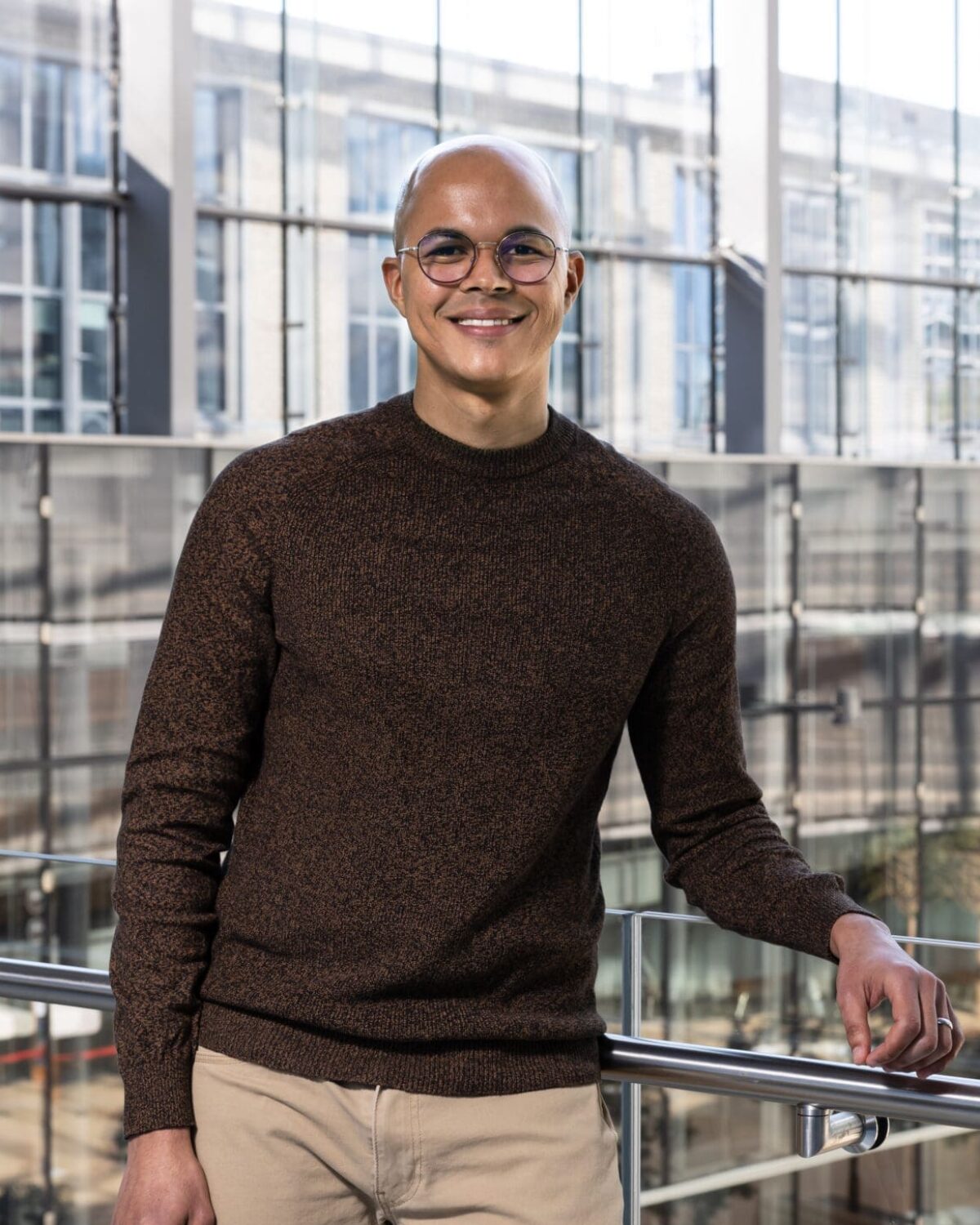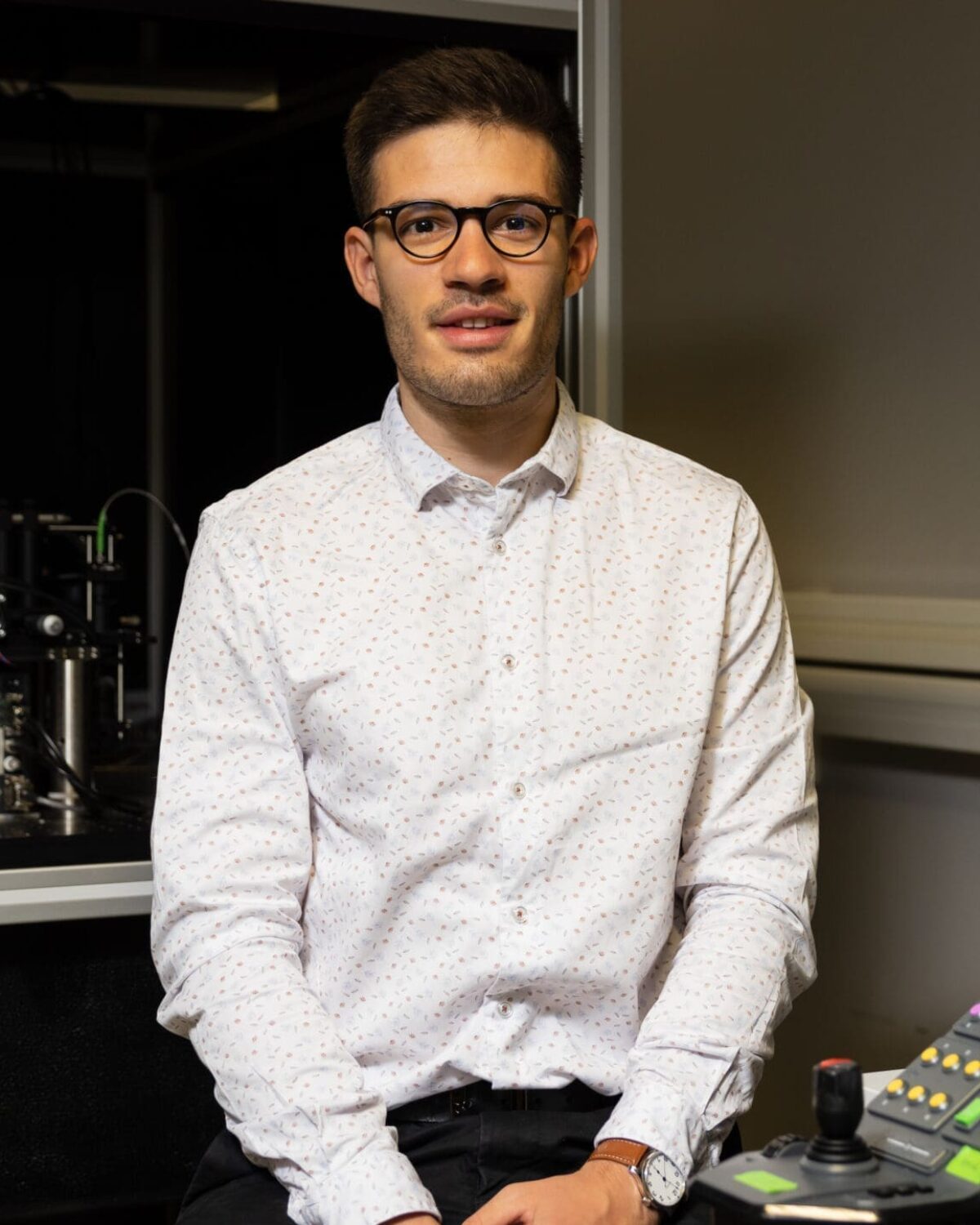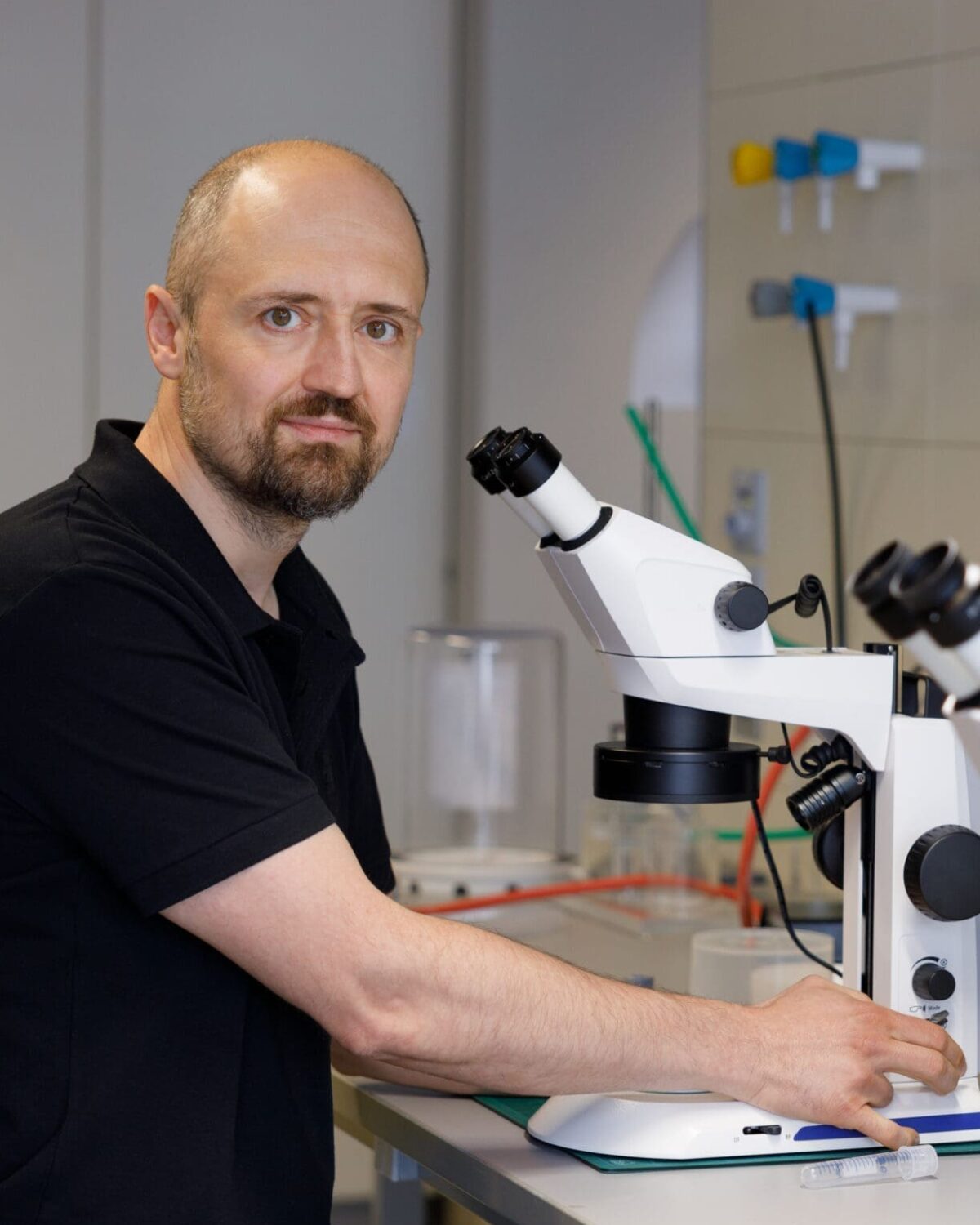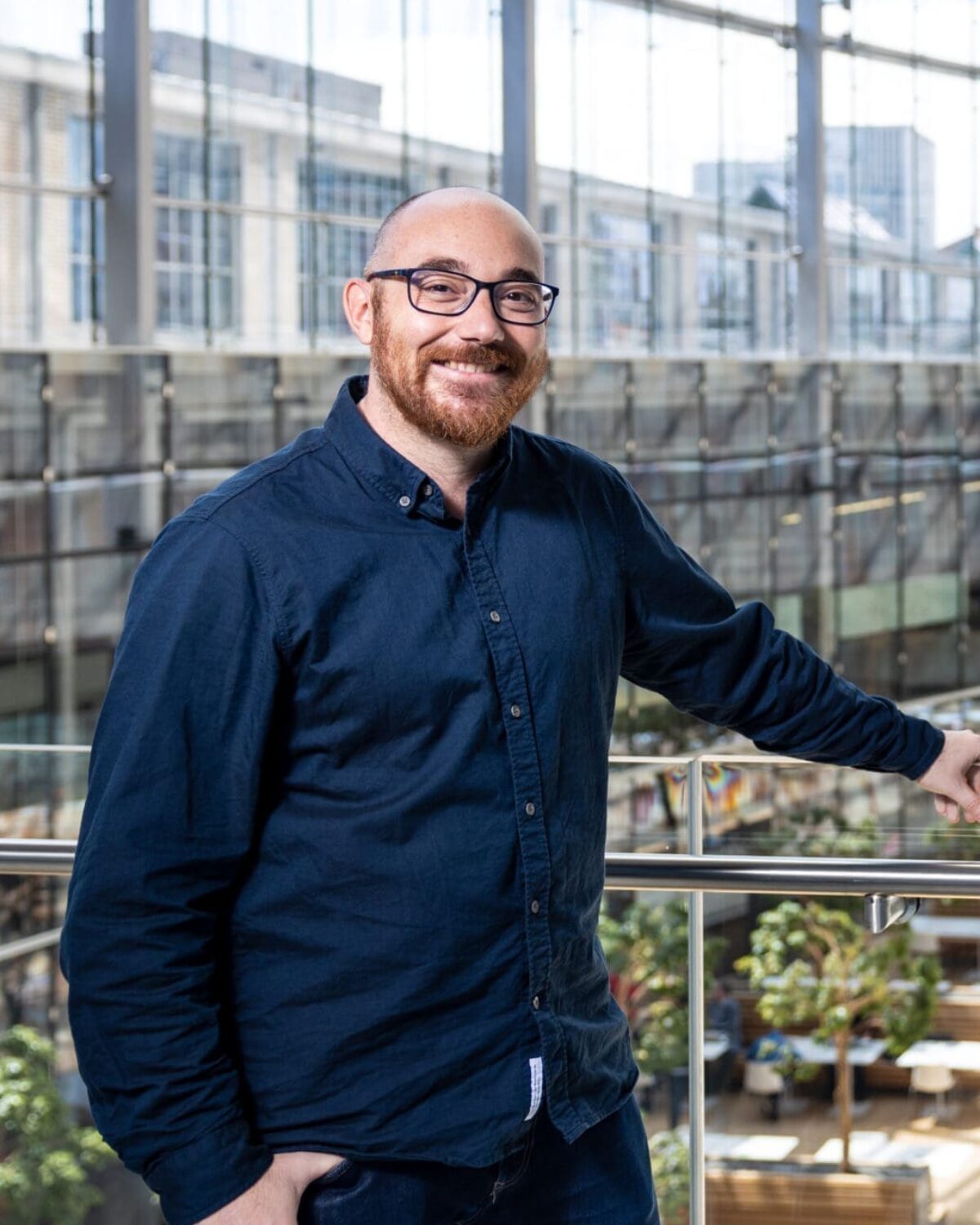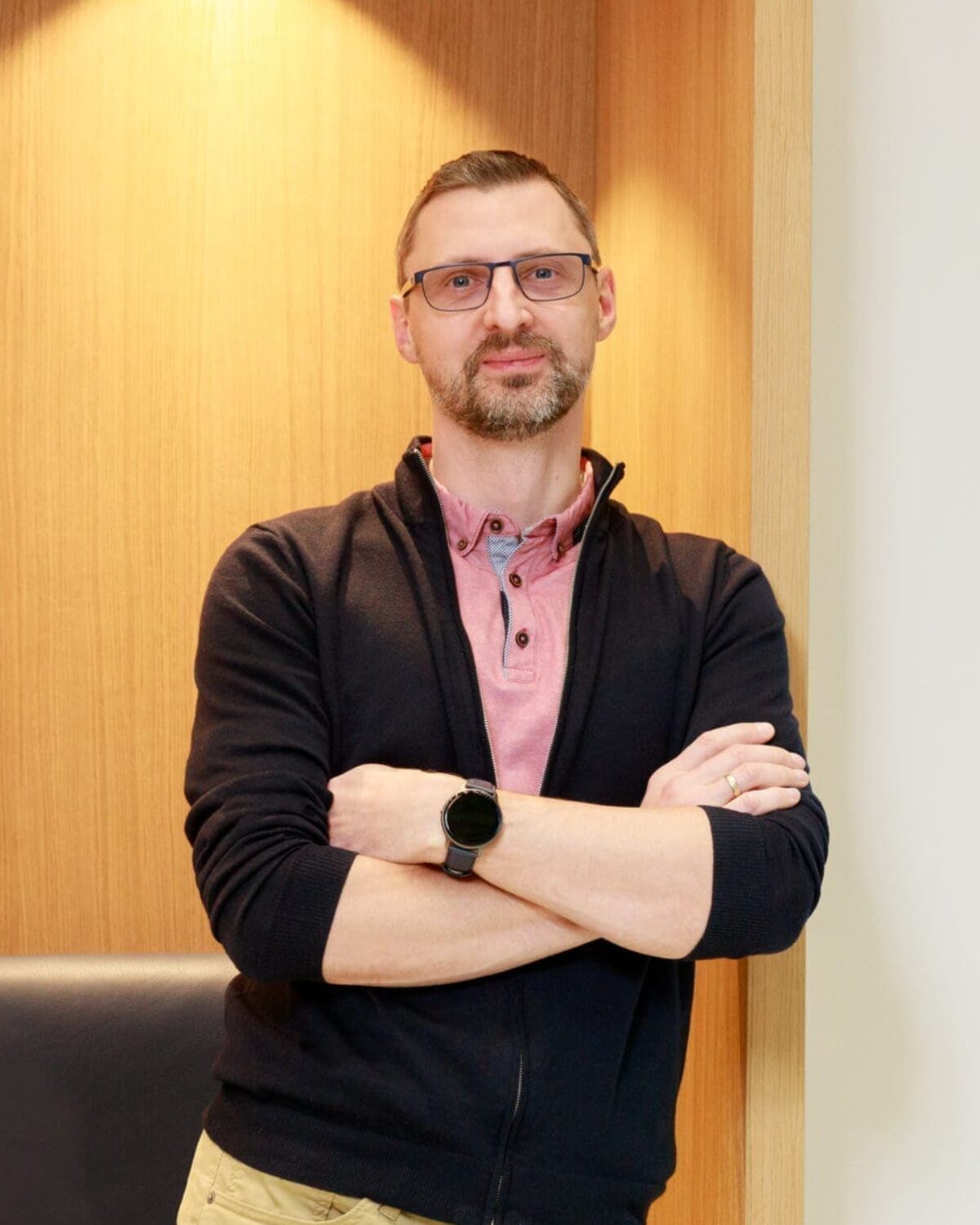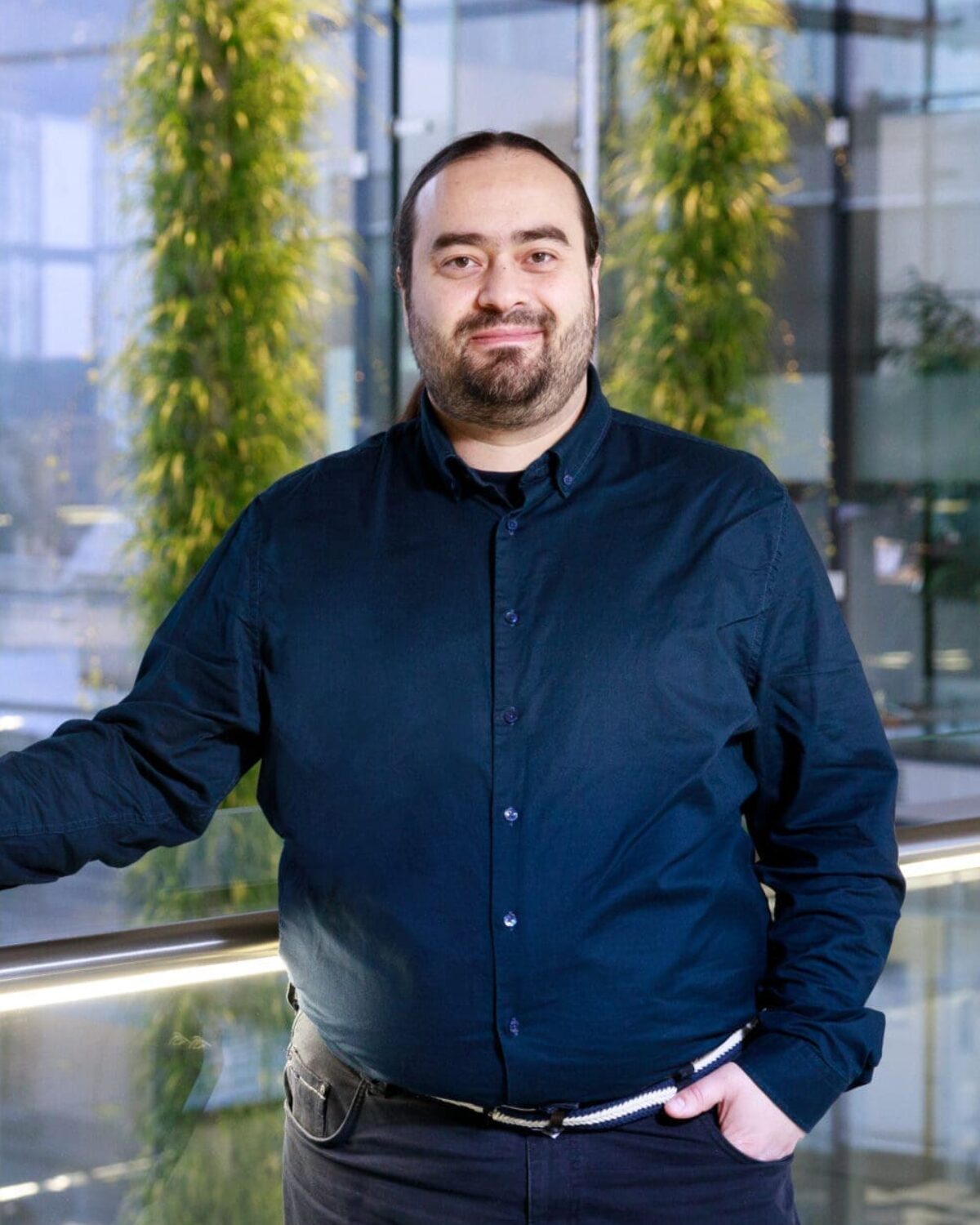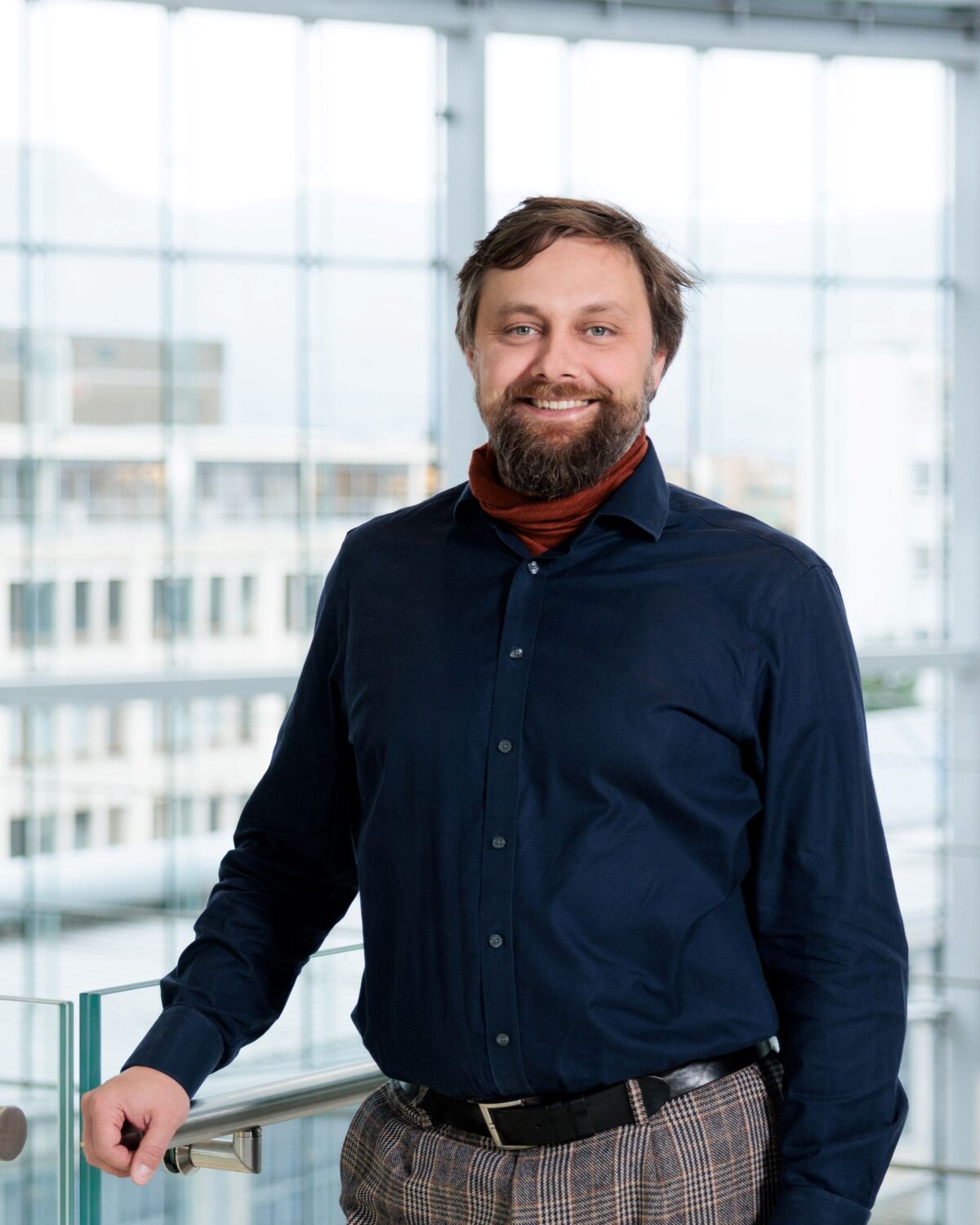Andrea Volterra, PhD
Visiting Faculty
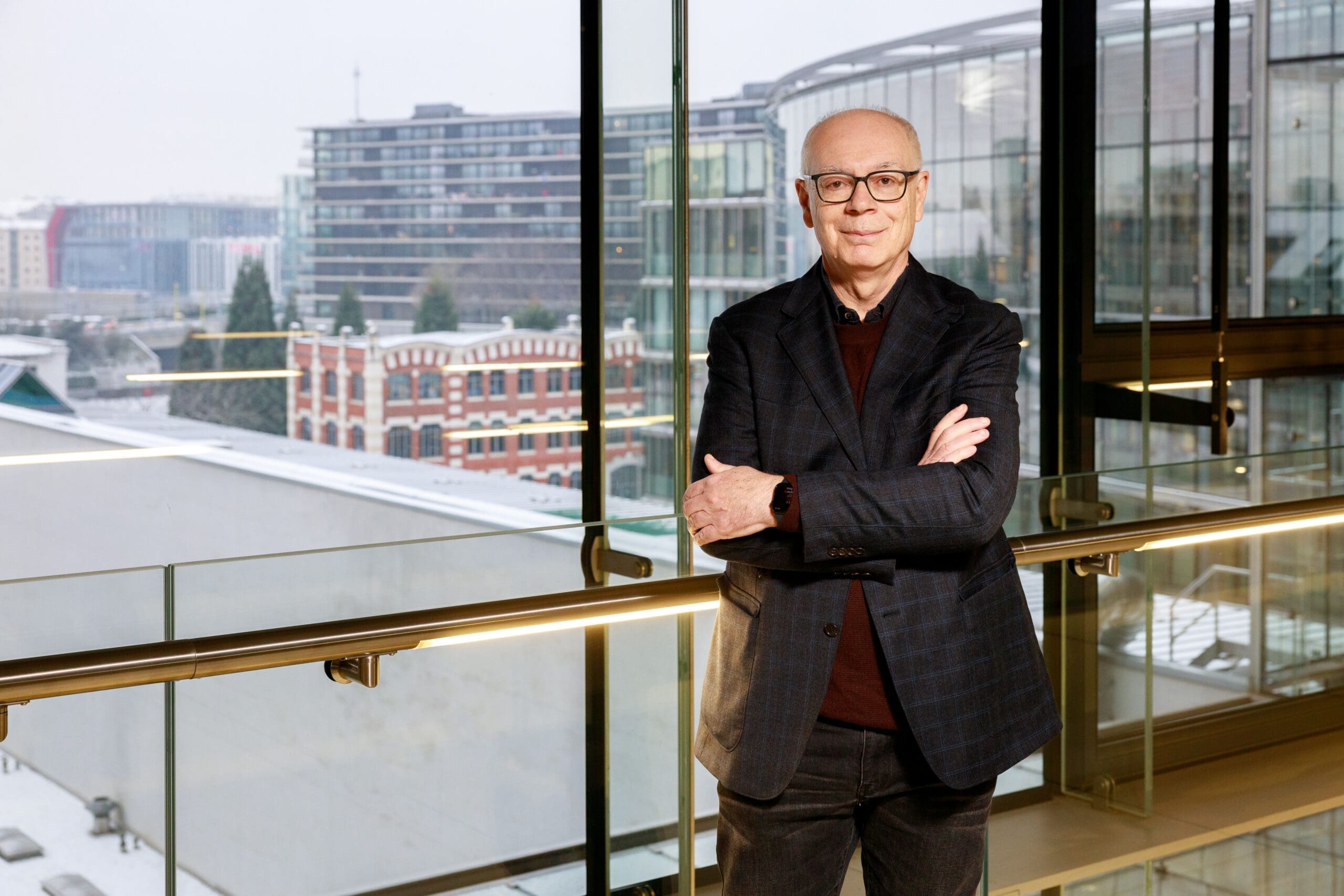
Professor Andrea Volterra, joined the Wyss Center as Visiting Faculty in August 2022. He maintains an honorary Professorship at the Department of Fundamental Neurosciences (DNF), University of Lausanne where he was previously Full Professor from 2001 until 2022, and where he directed the department from 2004 to 2012.
Andrea Volterra obtained a PhD in Pharmacology from University of Milan, Italy (1985), joined the labs of Steven Siegelbaum and the Nobel Prize Eric Kandel at Columbia University, New York, as Research Scientist (1986-89) and then started his independent career as Assistant and then Associate Professor at the Dept. Pharmacology, Univ Milan (1990- 2000). In 2001 he moved to Switzerland.
He is member of Academia Europea, Swiss Academy of Medical Sciences (SAMS), Swiss, European and American Societies of Neuroscience, and among the electors of the Annual Nobel Prize winner in Physiology and Medicine. Andrea Volterra won several prizes, including the Theodore Ott prize for Neuroscience in 2017 from SAMS and the Lifetime Achievement Award from the University of Lausanne in 2019. He obtained >30 grants as PI, including the prestigious ERC Advanced, was awarded Swiss National Science Foundation individual grants continuously since 2003, and from 2010 he is member of two Swiss National Centers of Excellence, “TransCure” and “SynaPsy”. He is author of 130 publications with >12700 citations (Thompson Reuters’ Web of Science).
Andrea Volterra’s research field is astrocyte-neuron communication and its contribution to synaptic information processing in the healthy and diseased brain. He is one of the pioneers of this new field in neuroscience, to which he contributed some of the seminal work in the last twenty-five years (articles in Nature, Science, Cell, Nature Neuroscience, Neuron). His discoveries established him among the world leaders in deciphering the modulatory role of astrocytes in the function of synaptic networks and led to the understanding that perturbation of this astrocyte input under pathological conditions can be the cause of neuronal circuits alterations and behavioural impairments. Prof. Volterra’s work supports the idea that neuronal malfunction or degeneration occurs often not cell autonomously, but because of miscommunication with glial cells, one of the key conceptual advances in the understanding of neuropsychiatric disorders in recent years.
Using a multidisciplinary approach, including novel imaging, genetic and molecular technologies, Andrea Volterra is now engaged in decoding the language of astrocytes in brain function and dysfunction and, based on these breakthroughs, in developing innovative astrocyte-targeted therapeutic strategies for the cure of neuropsychiatric conditions, including Alzheimer’s disease and epilepsy.

